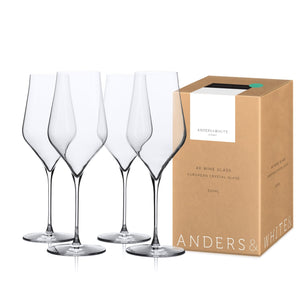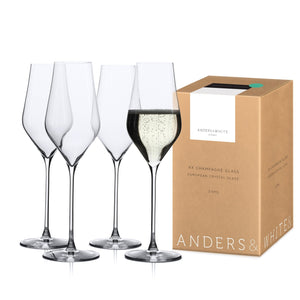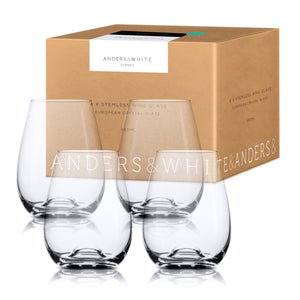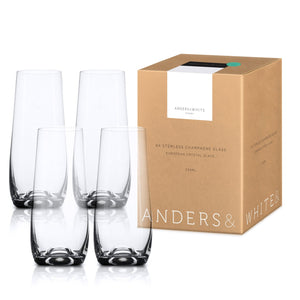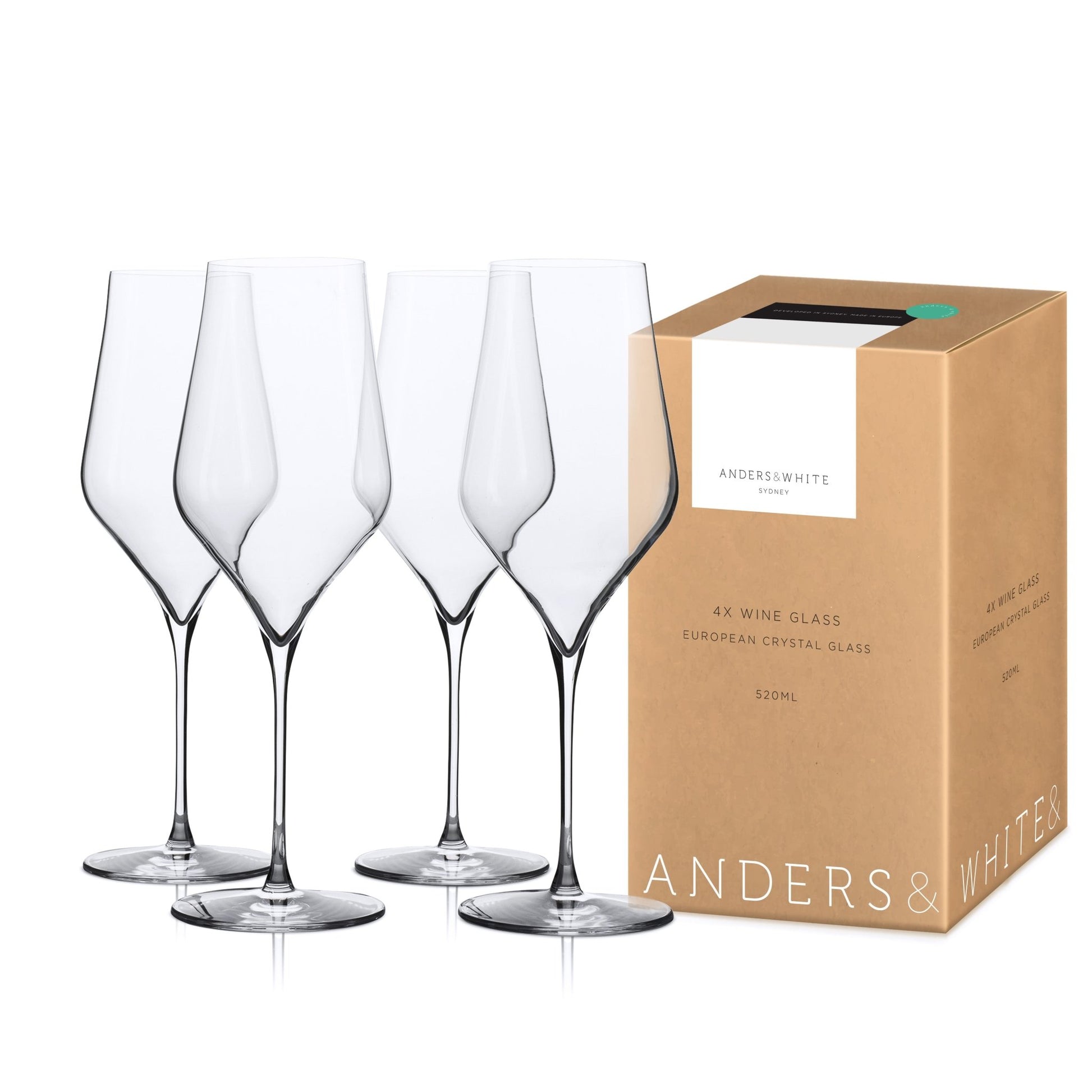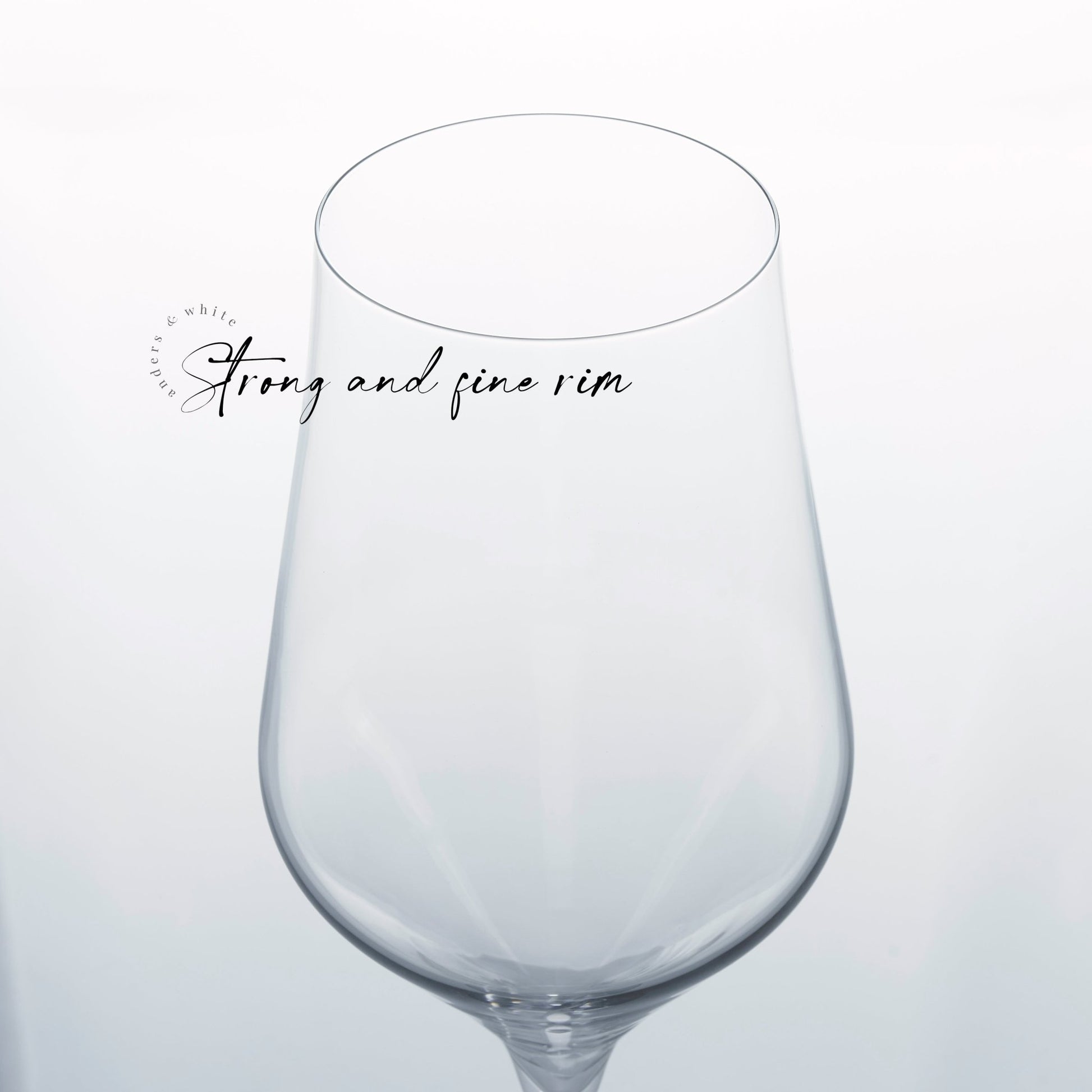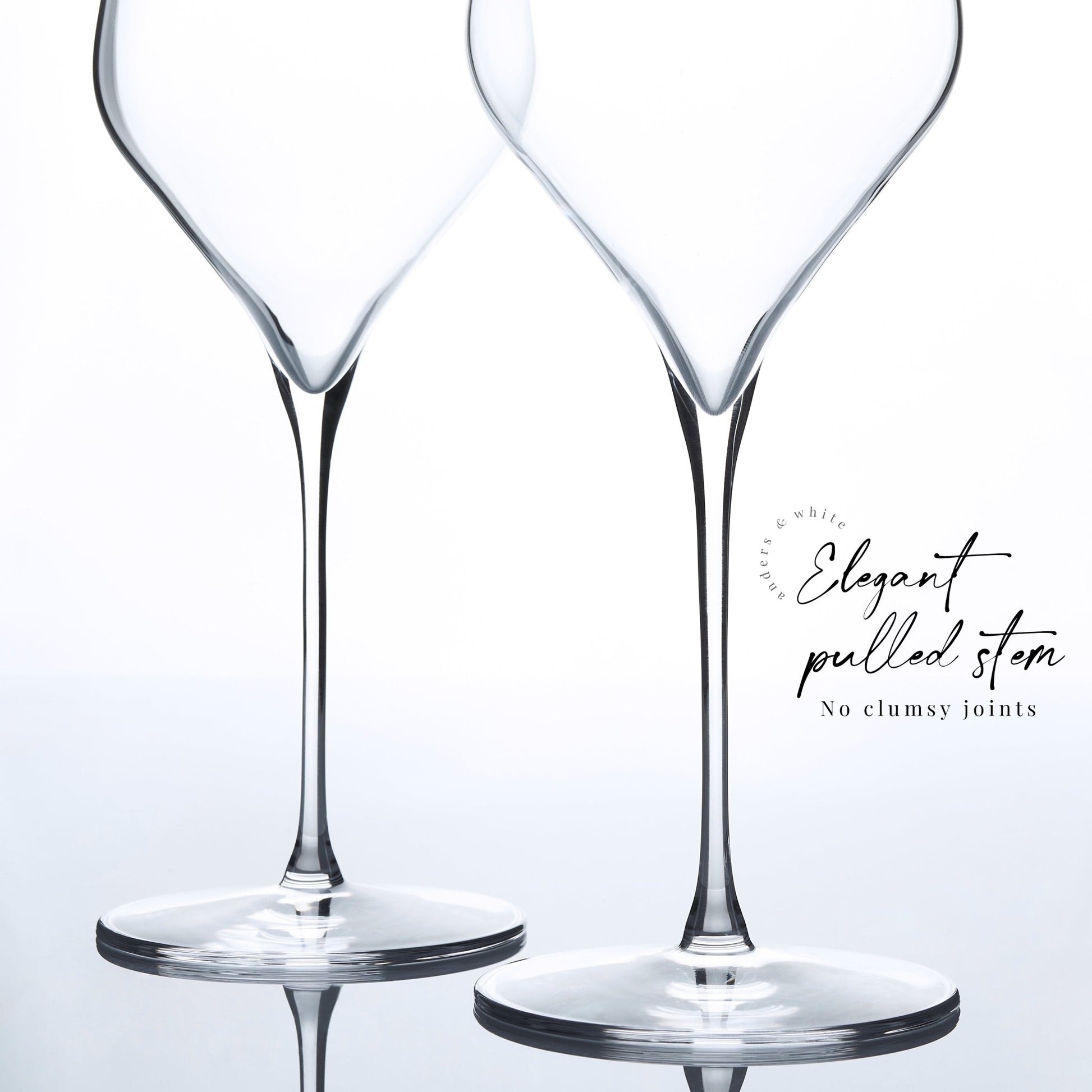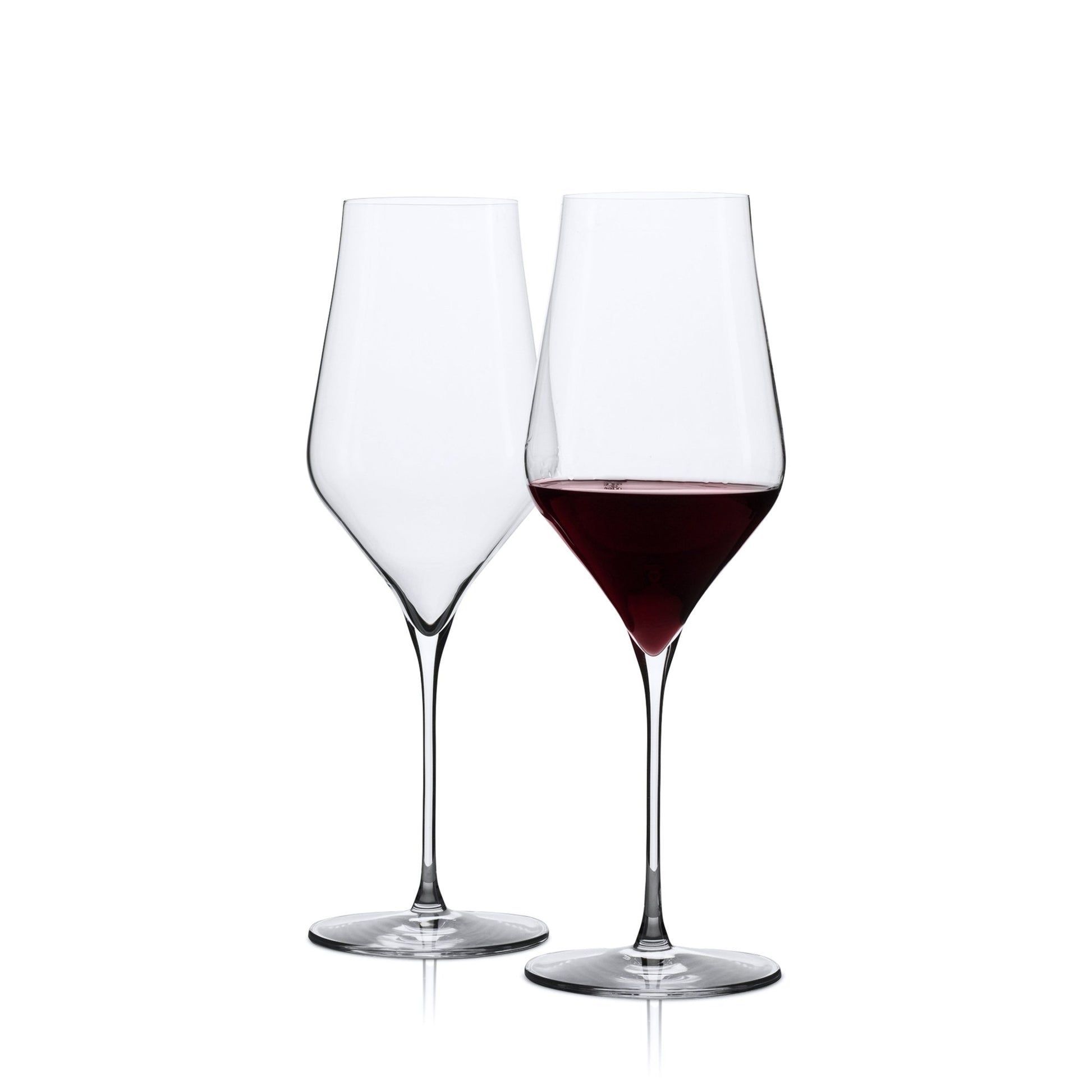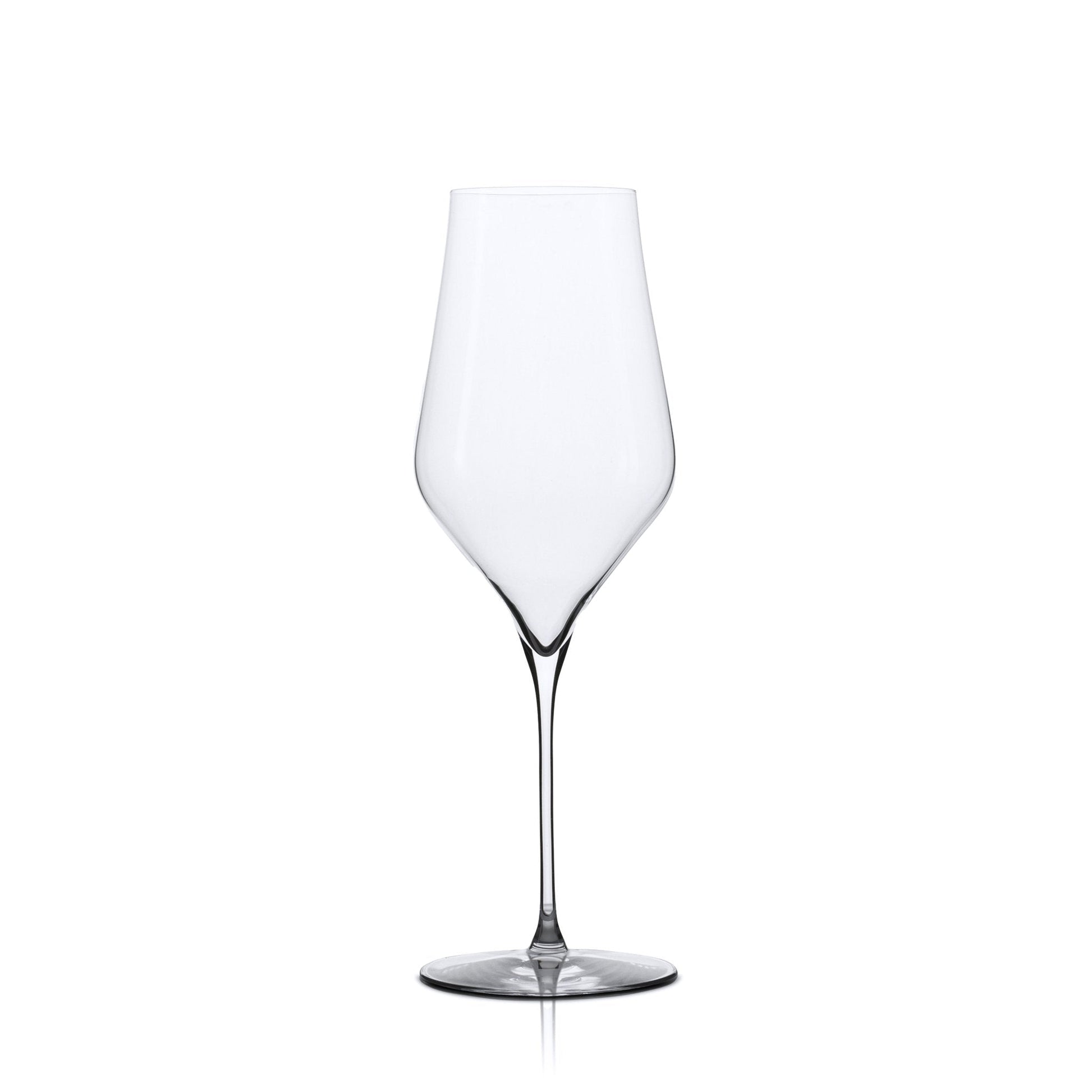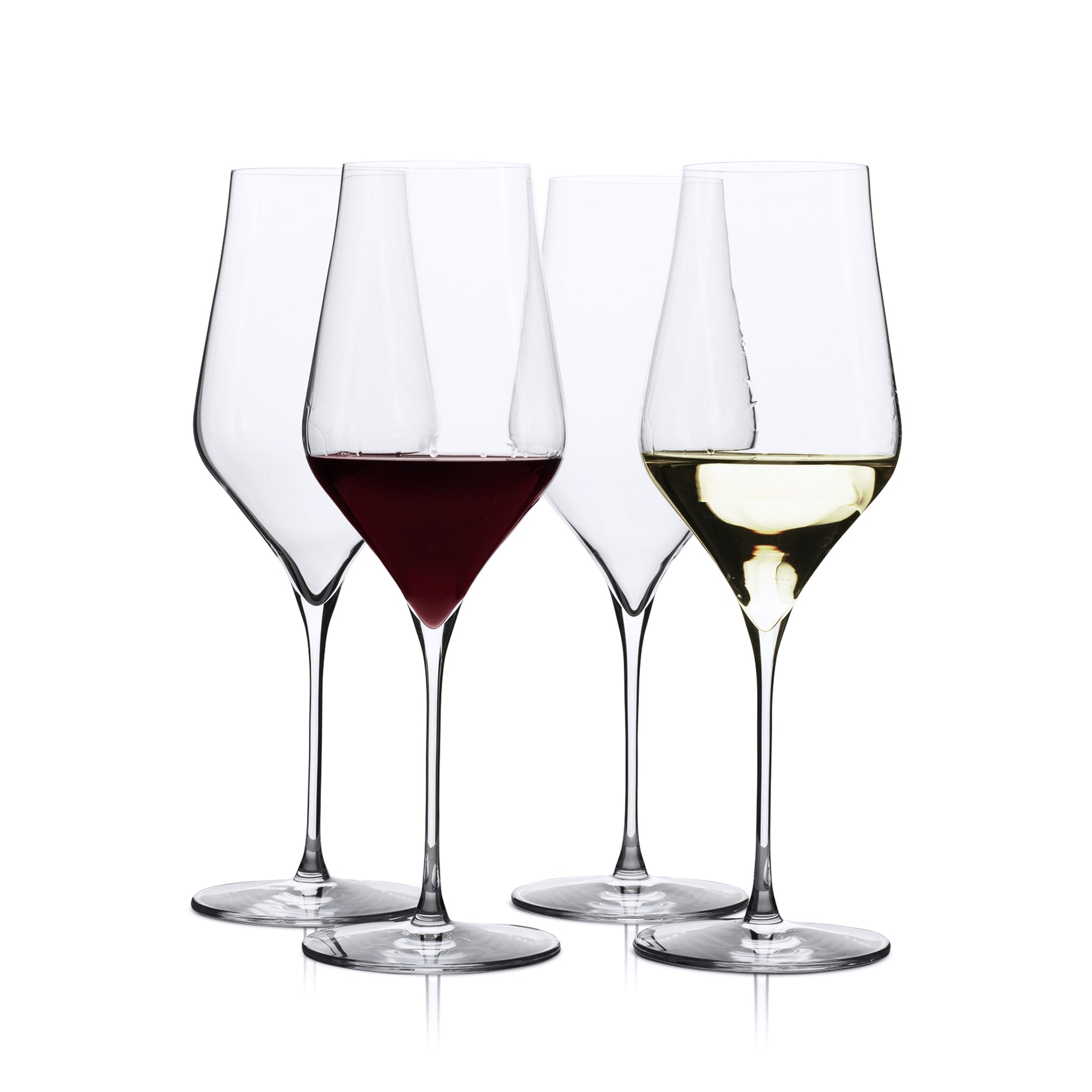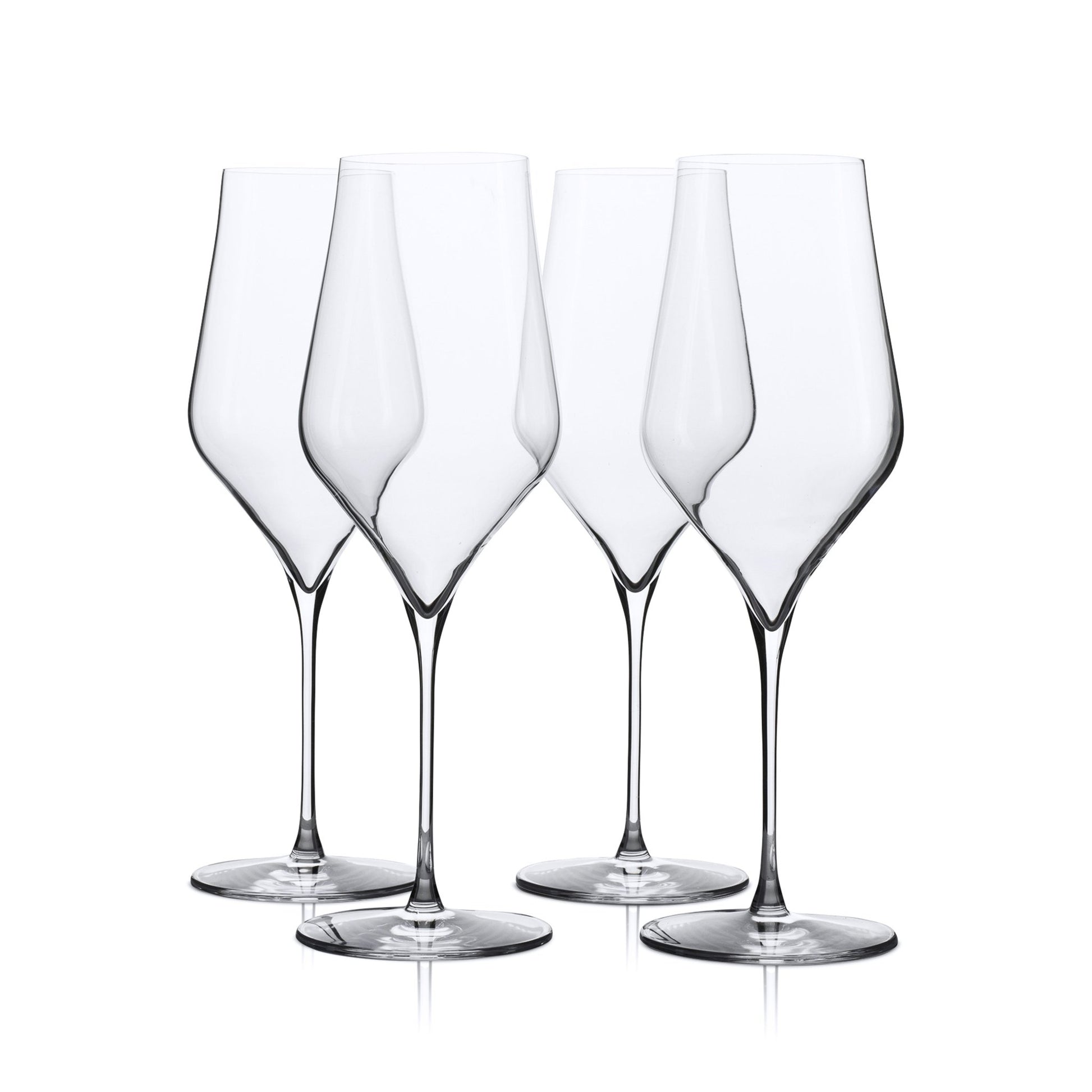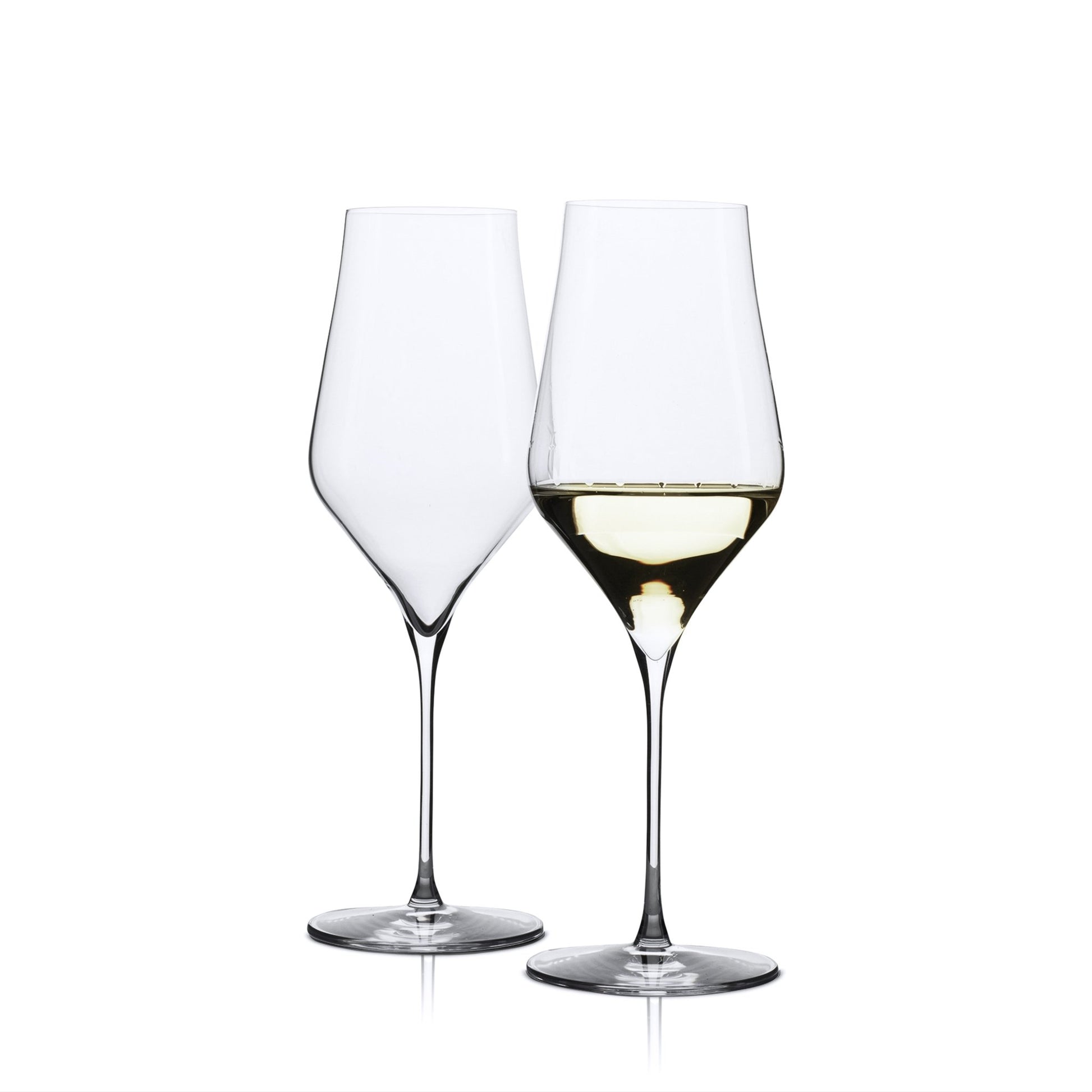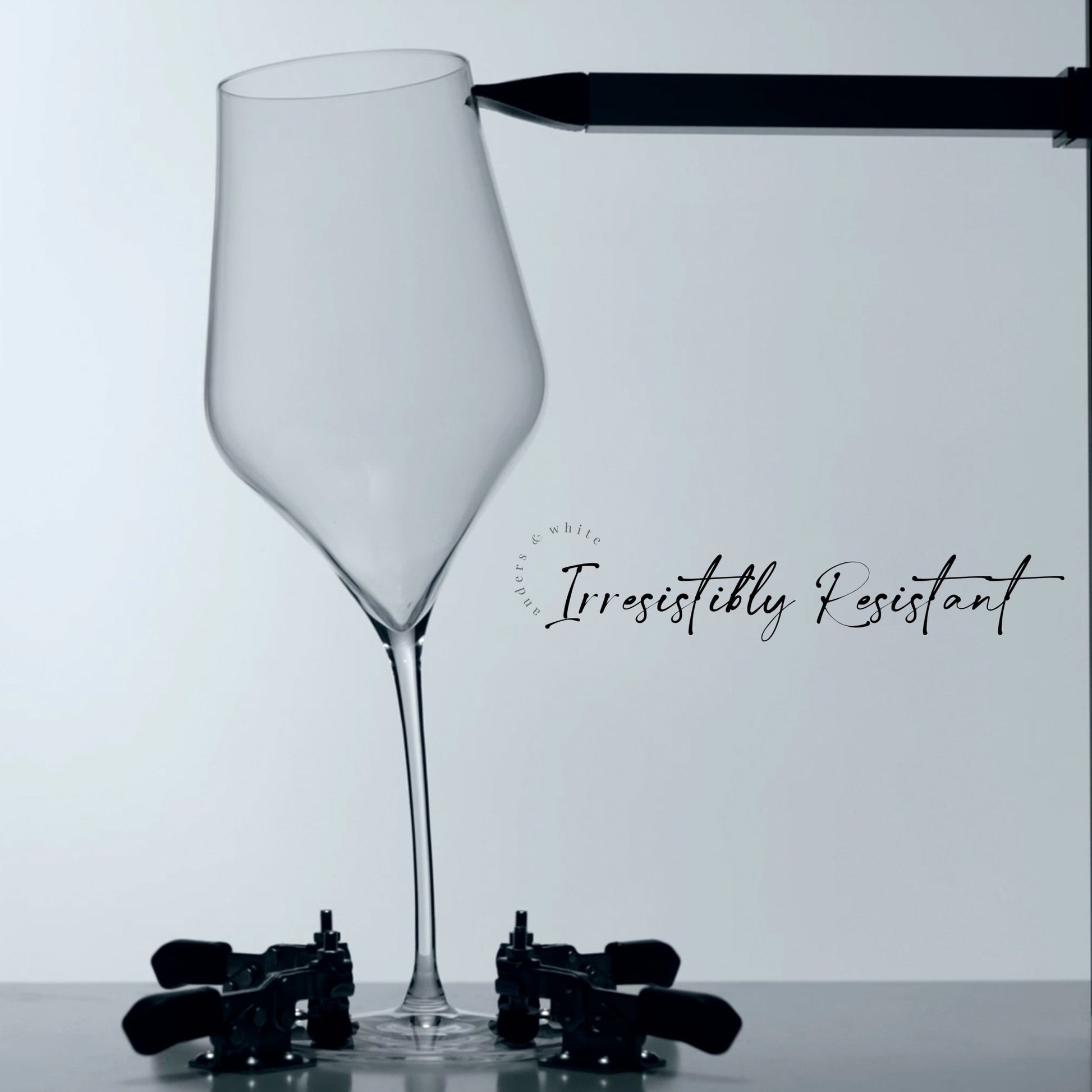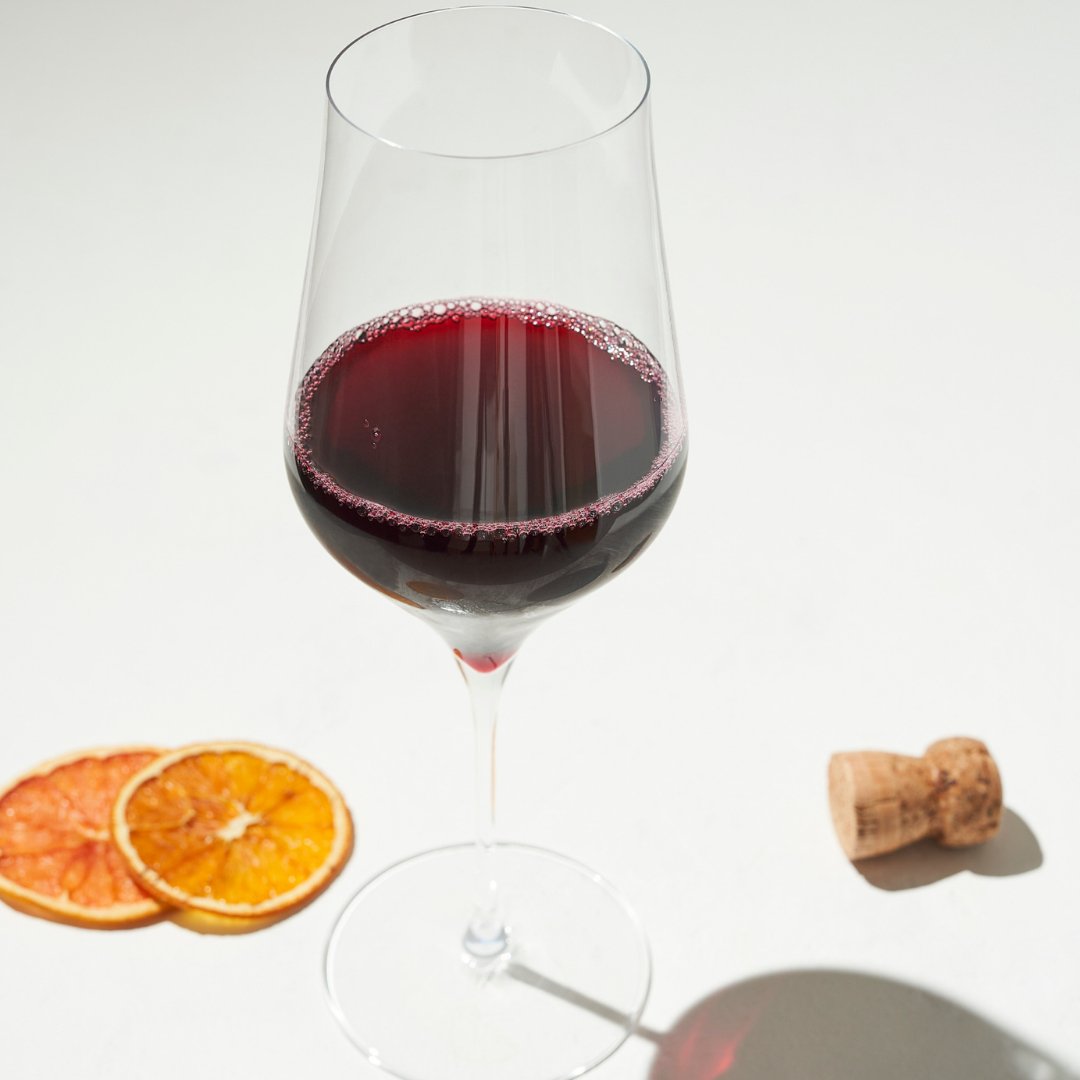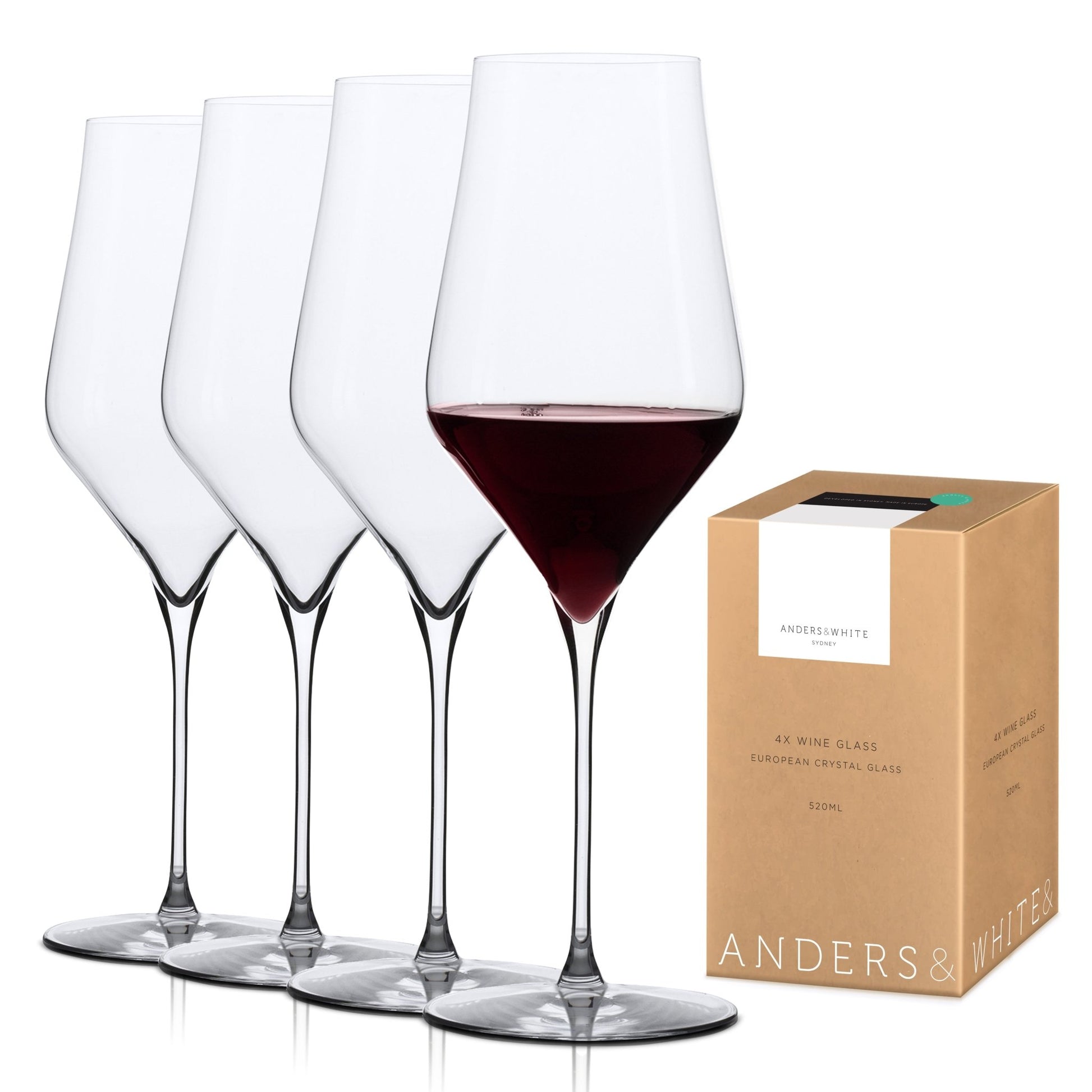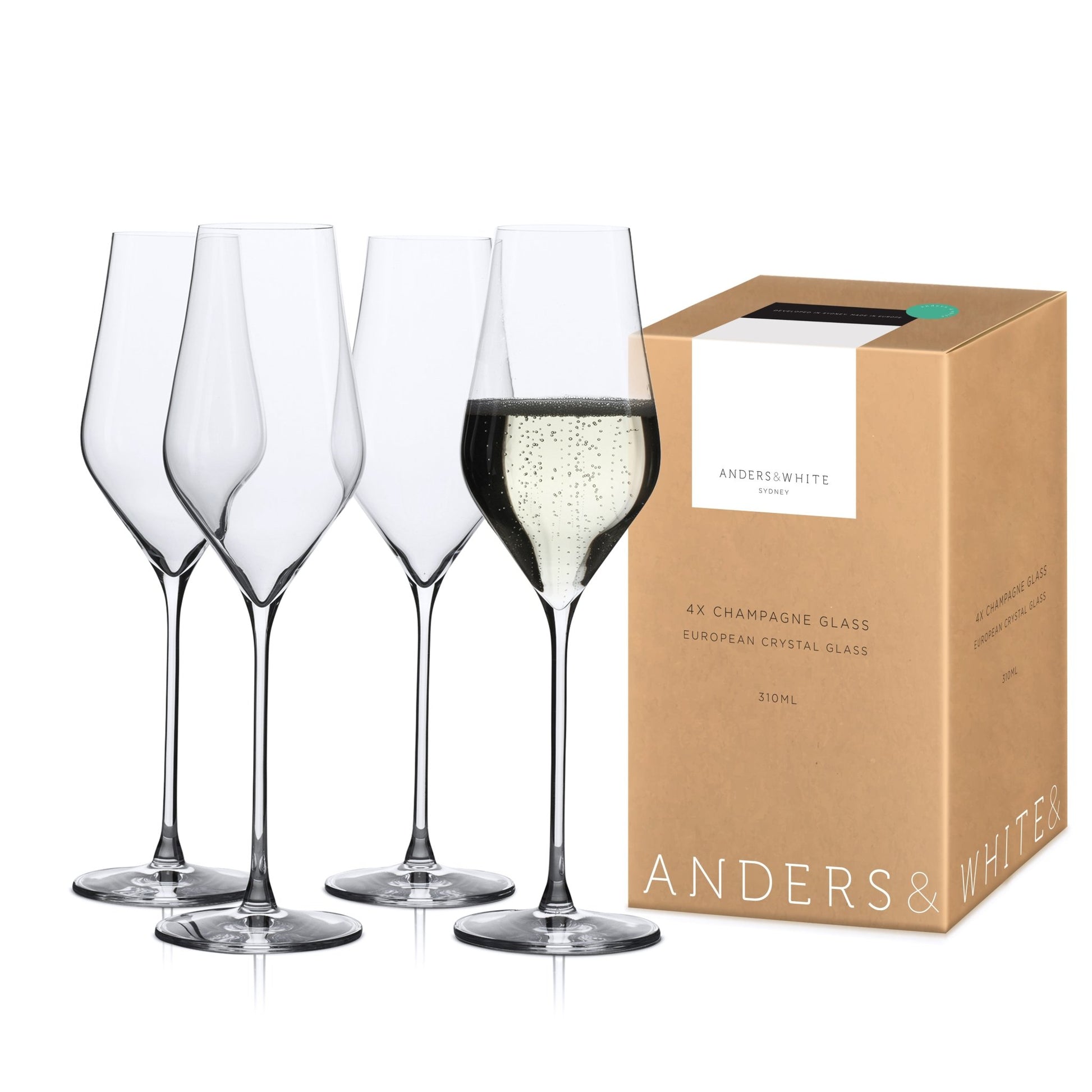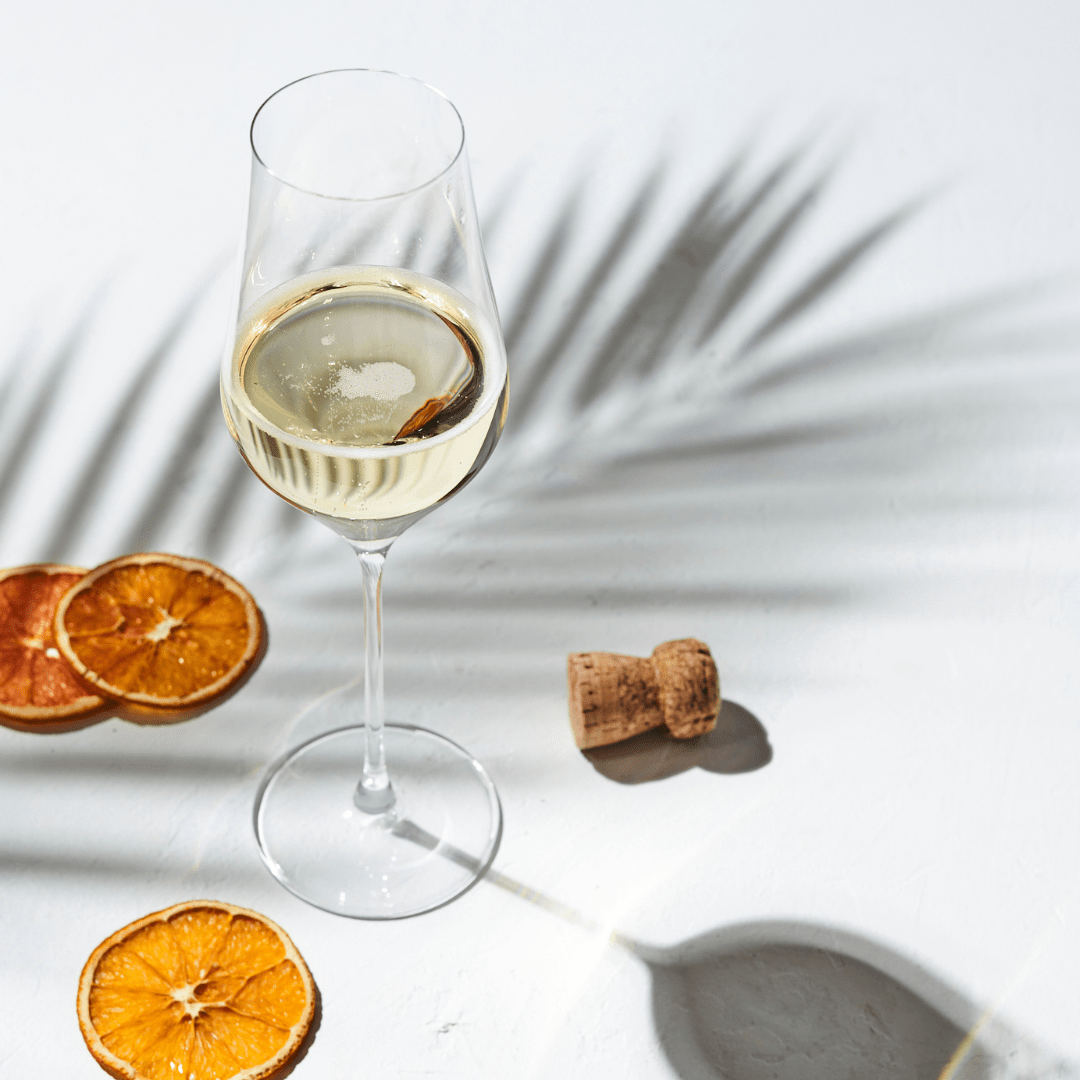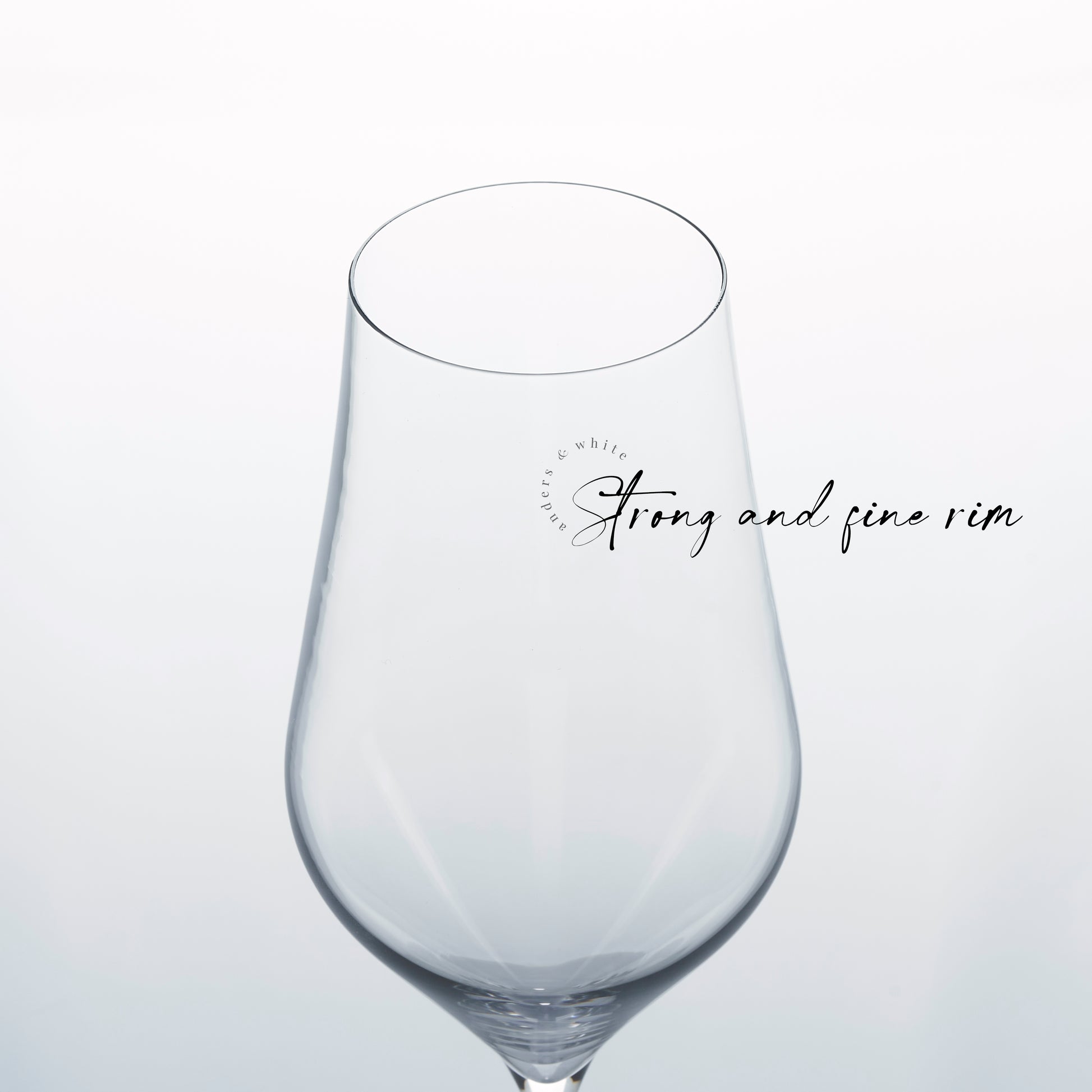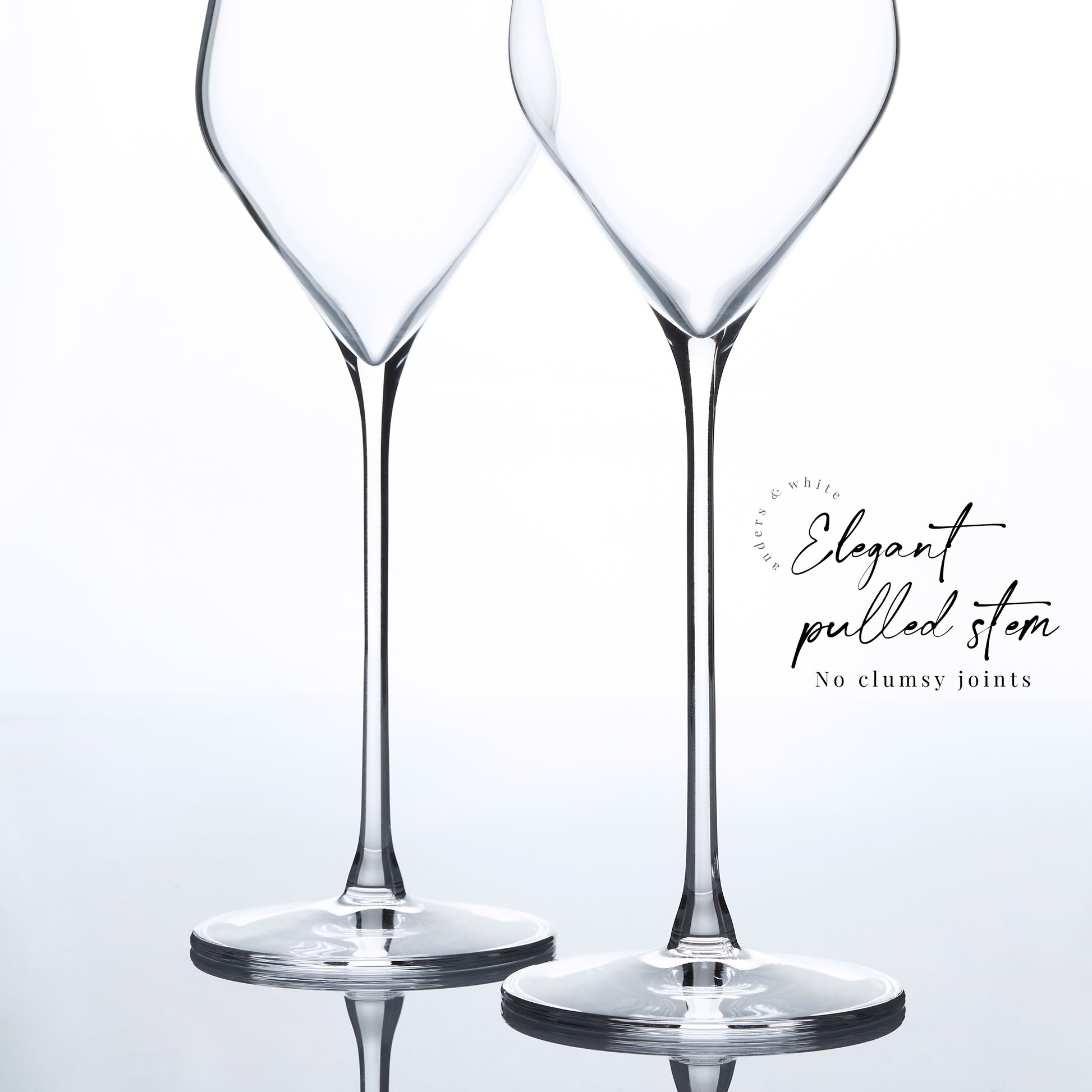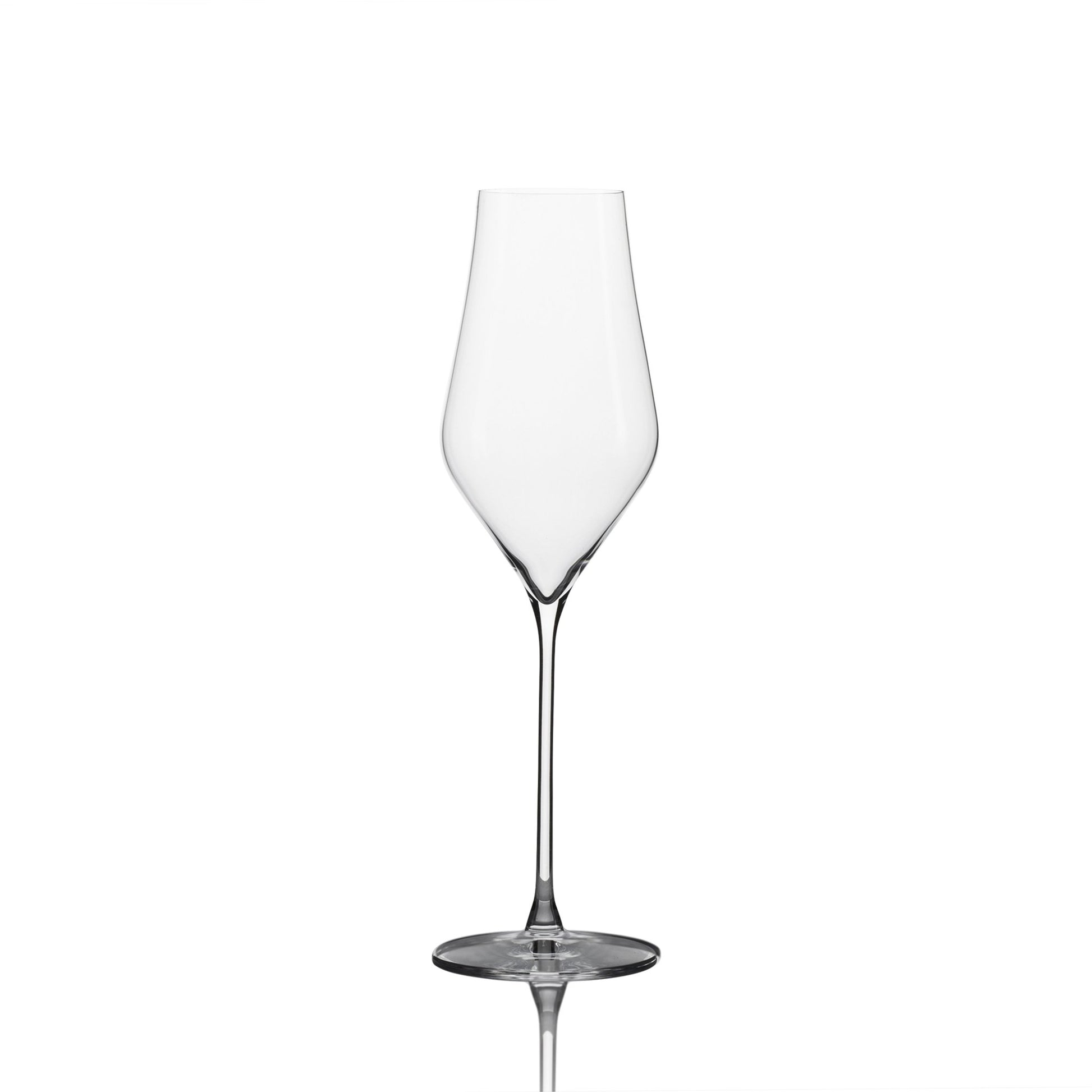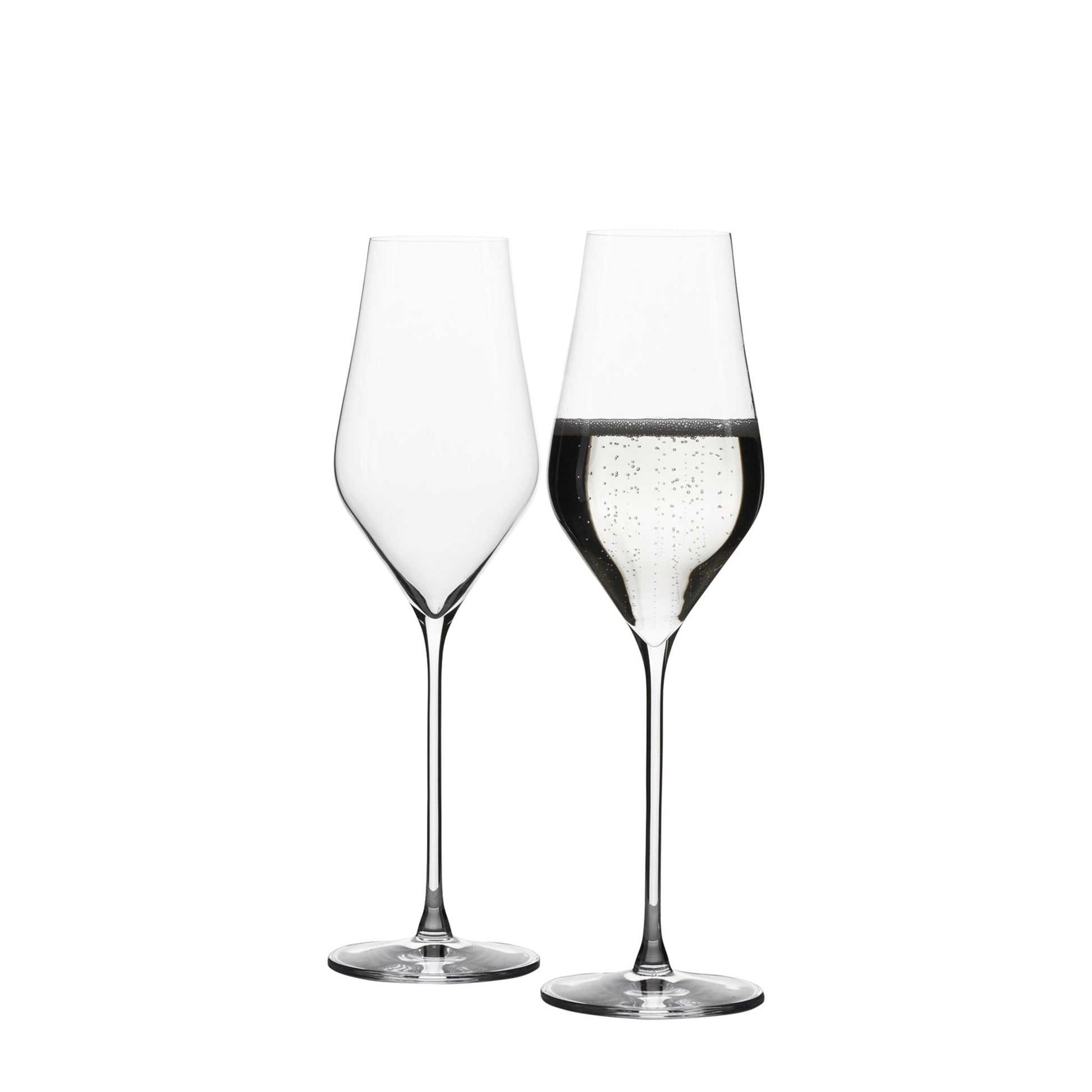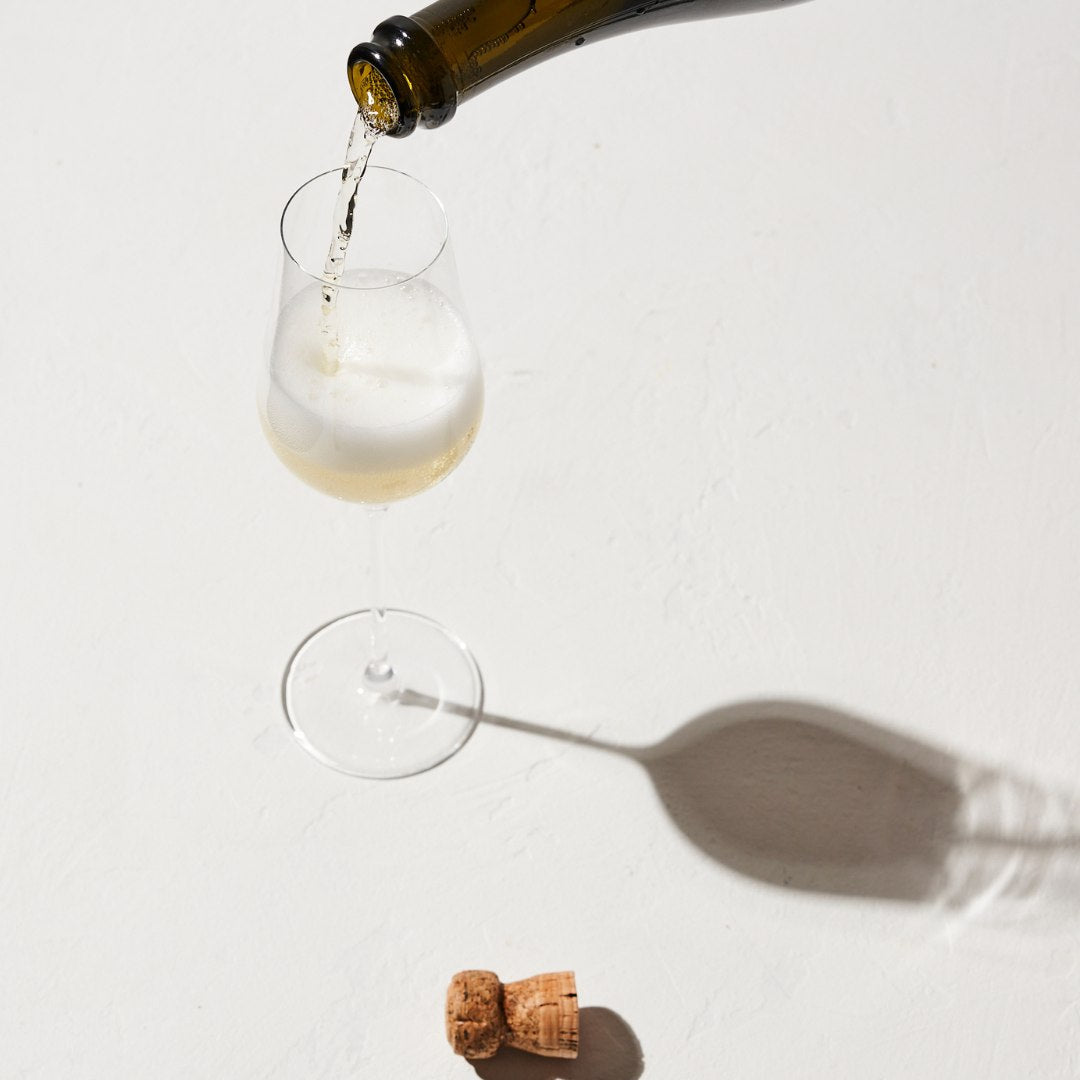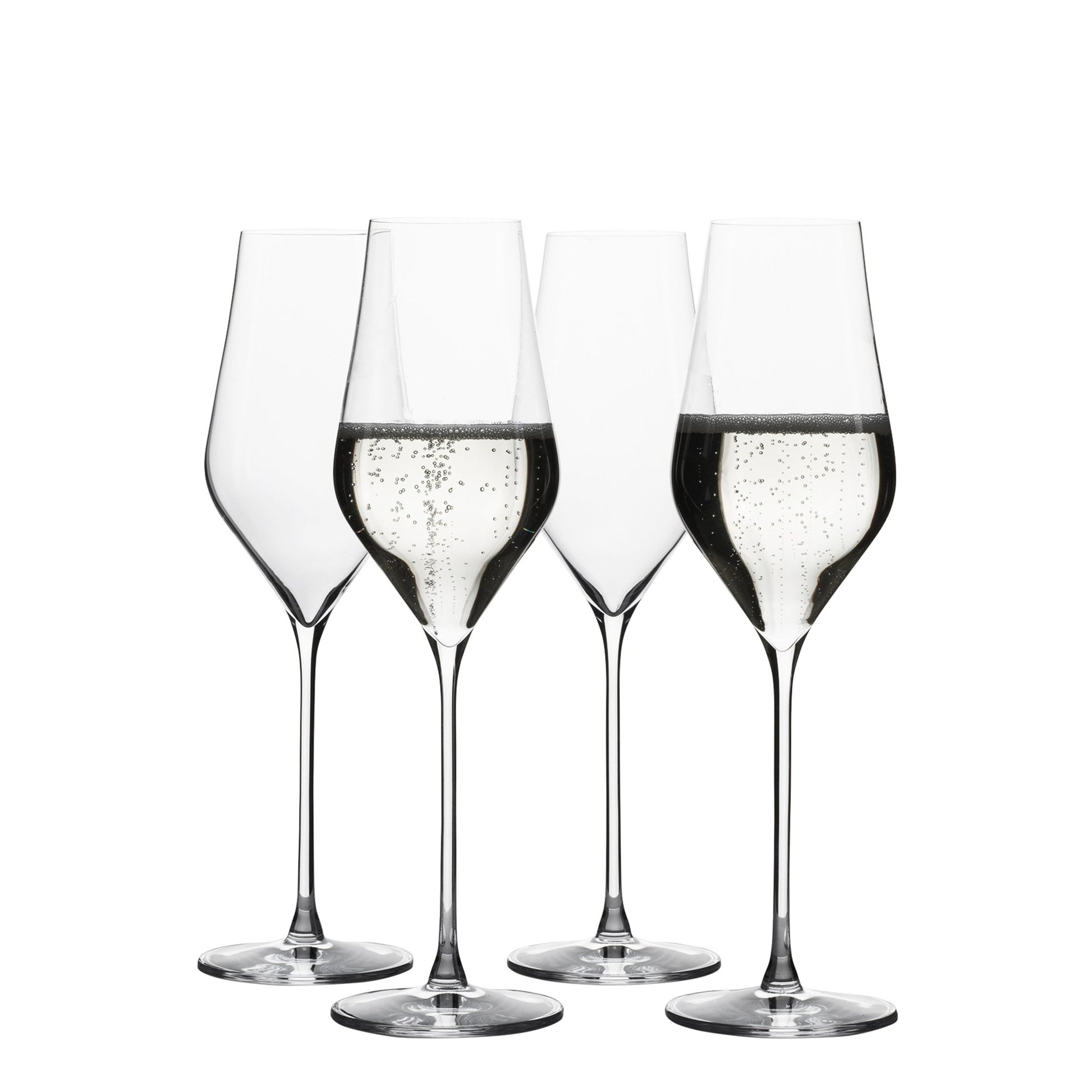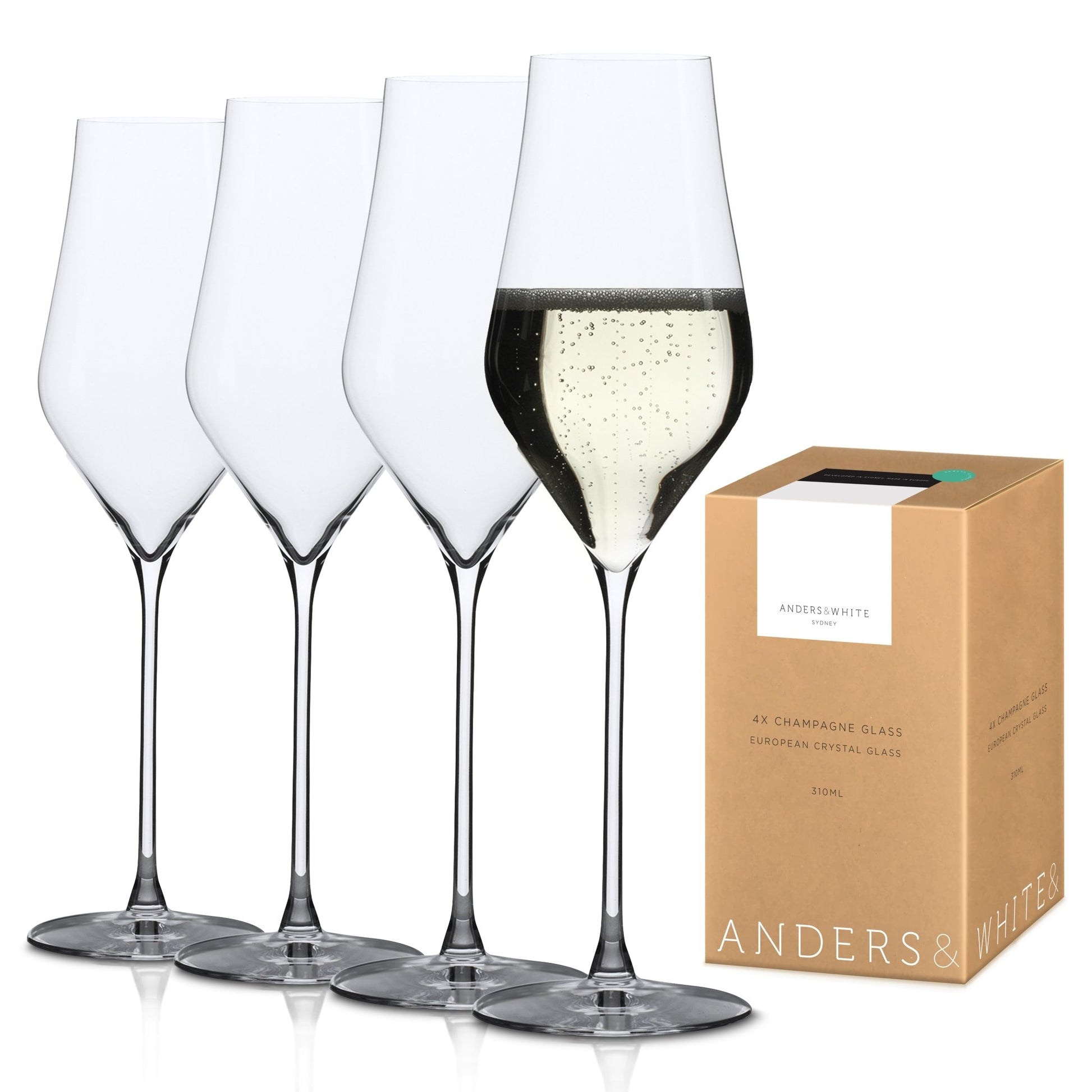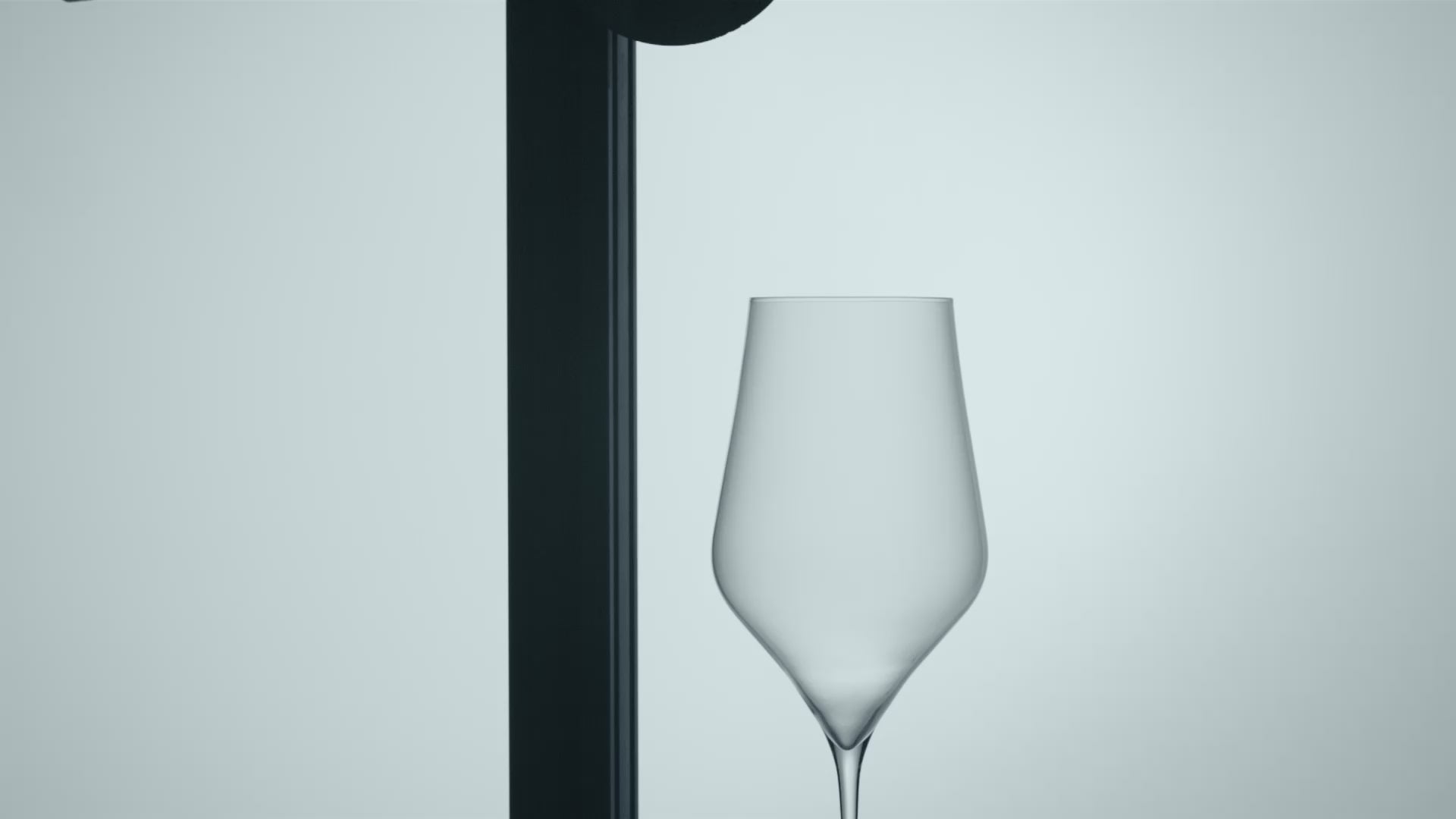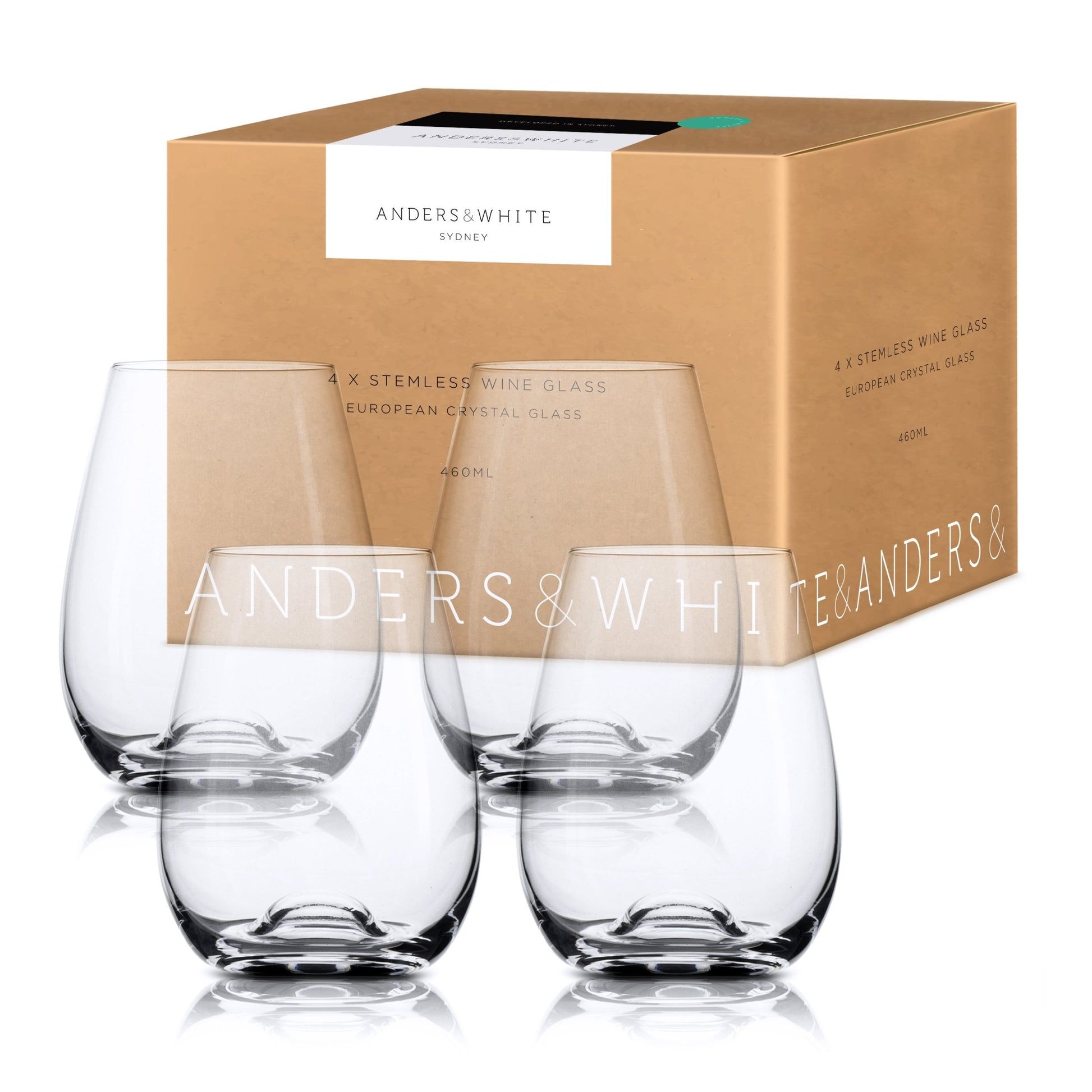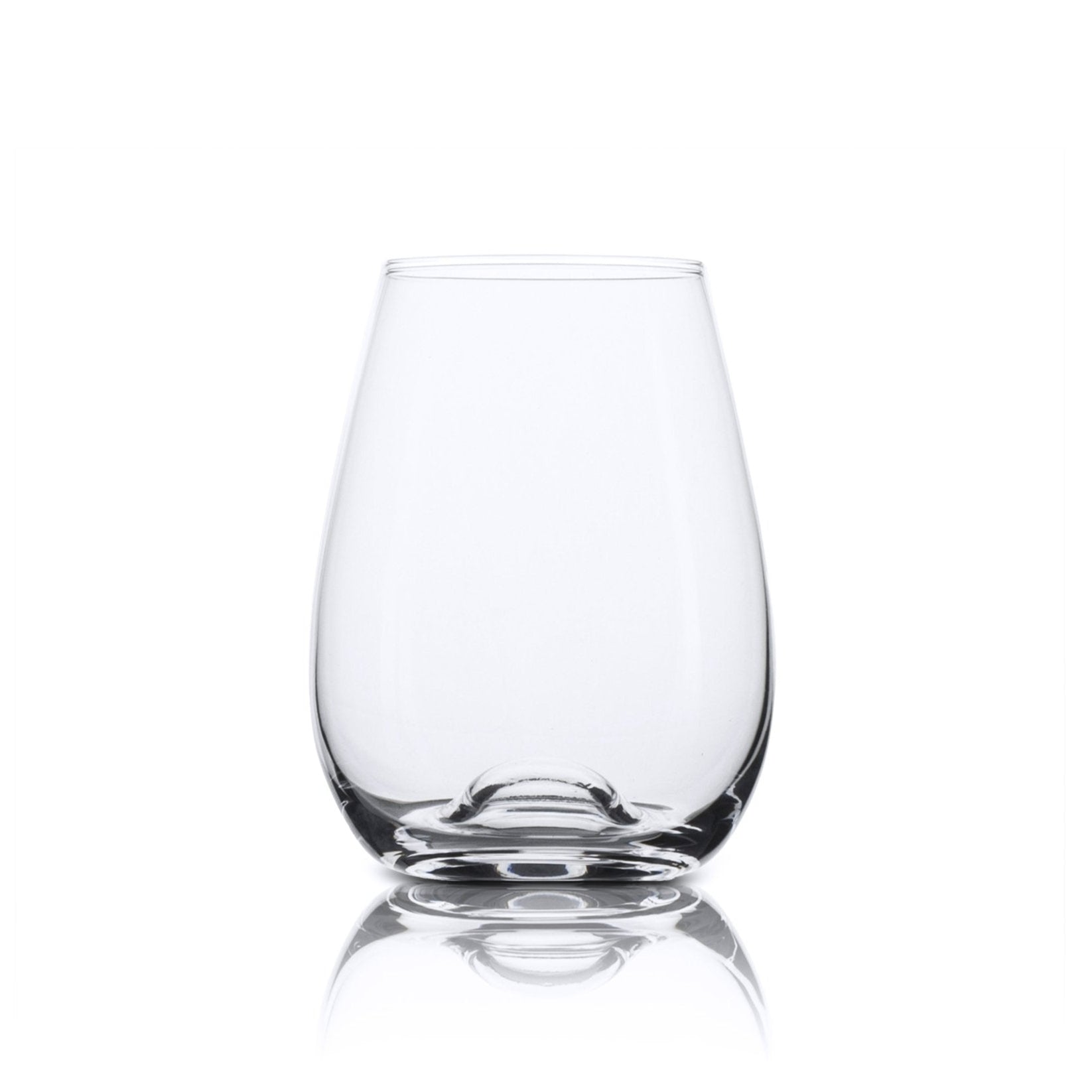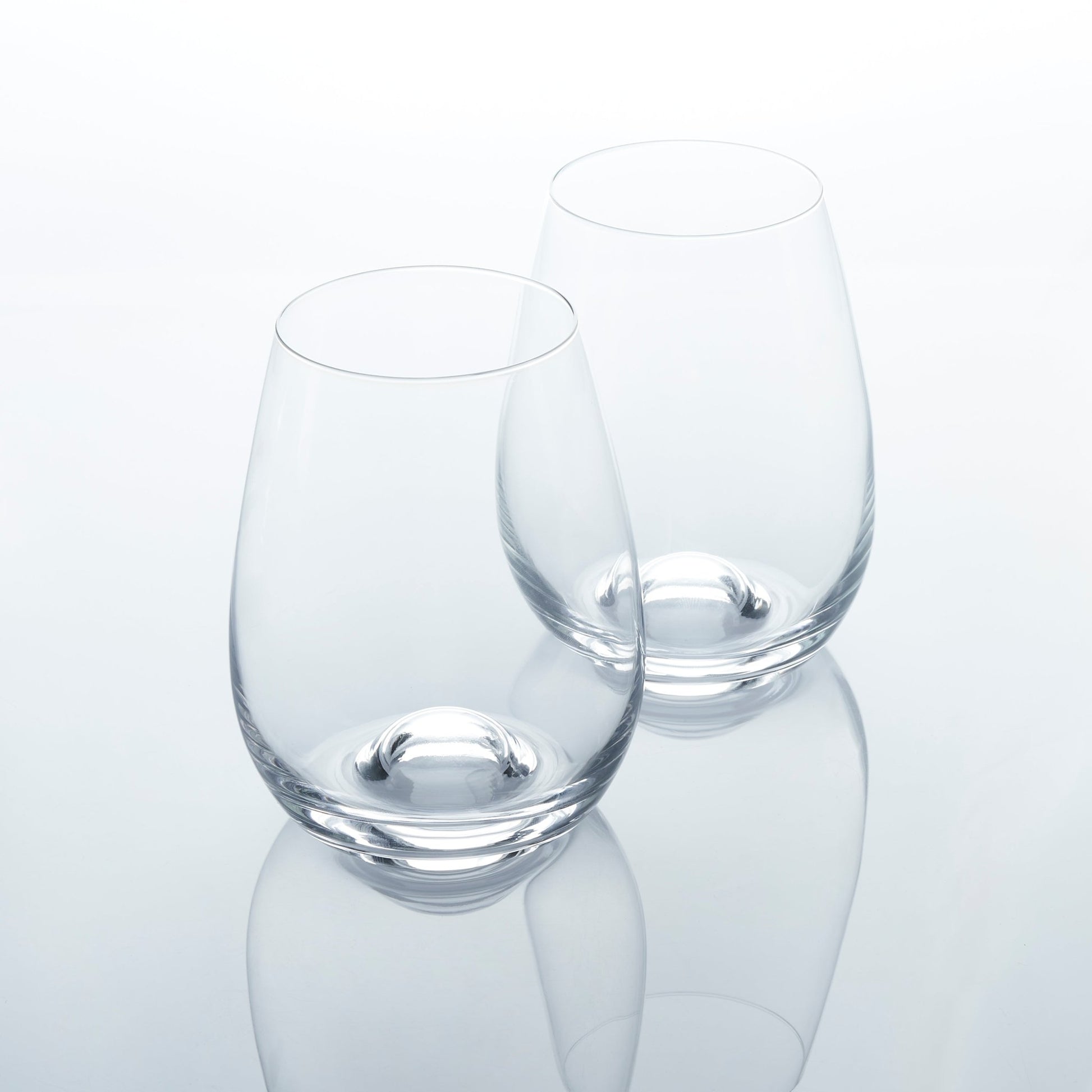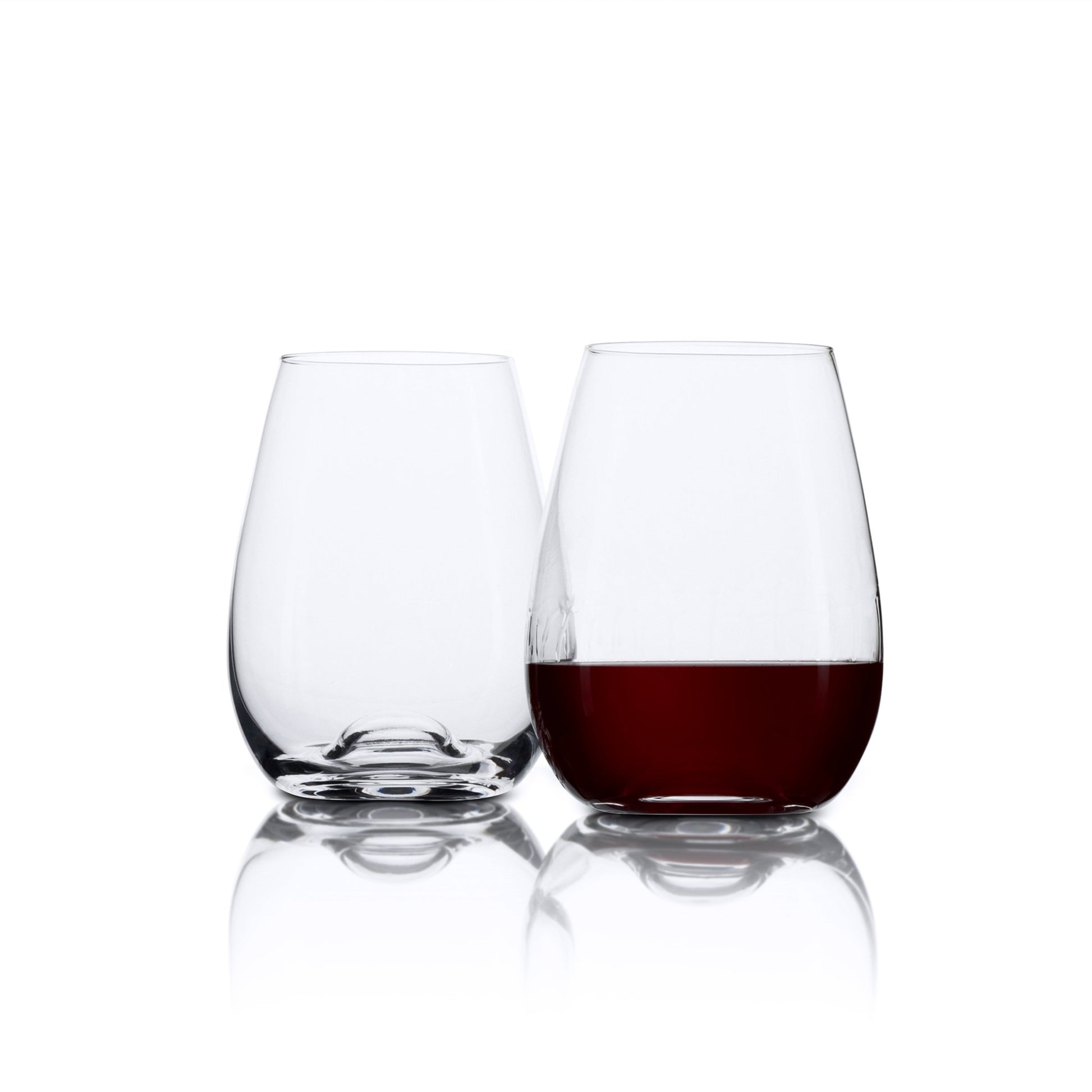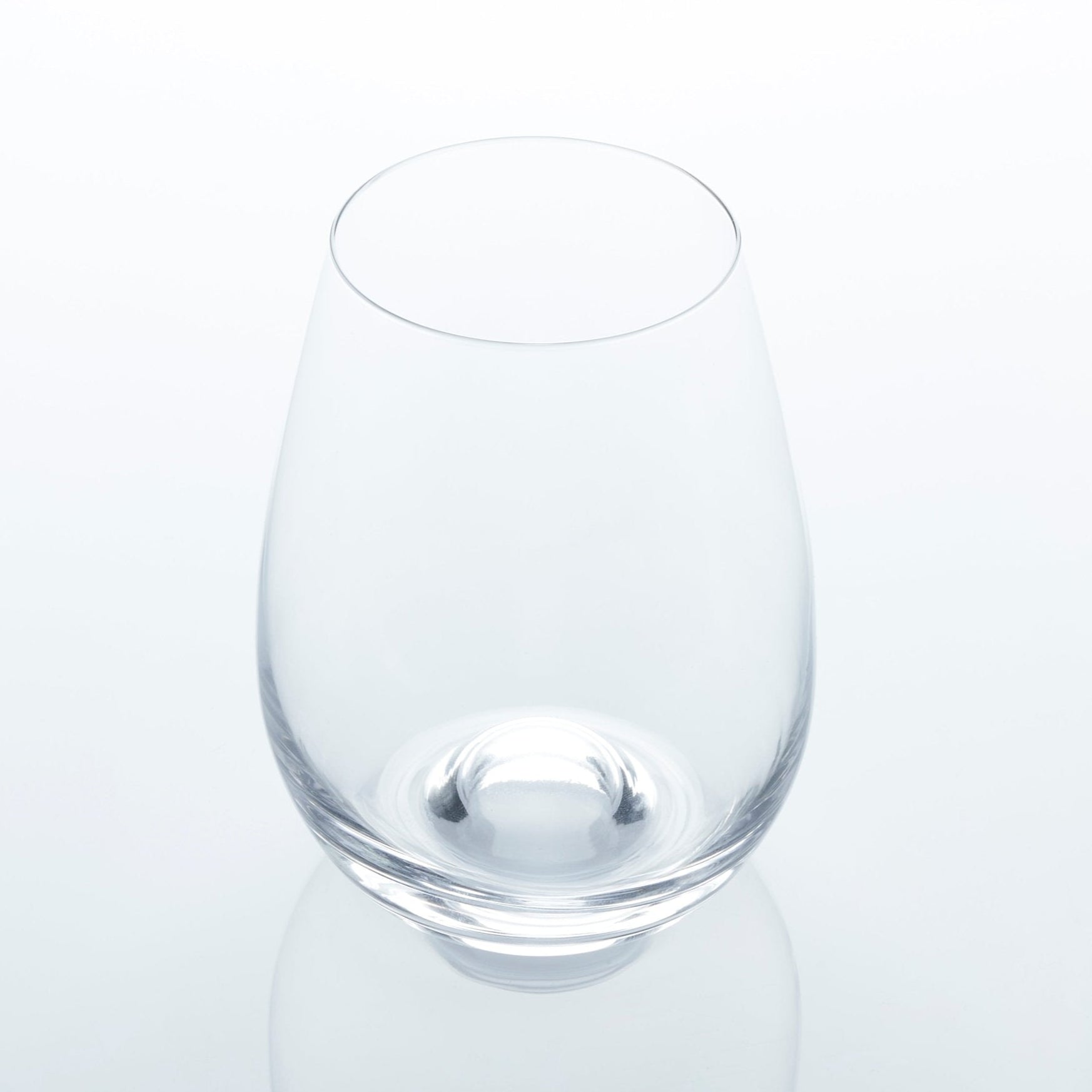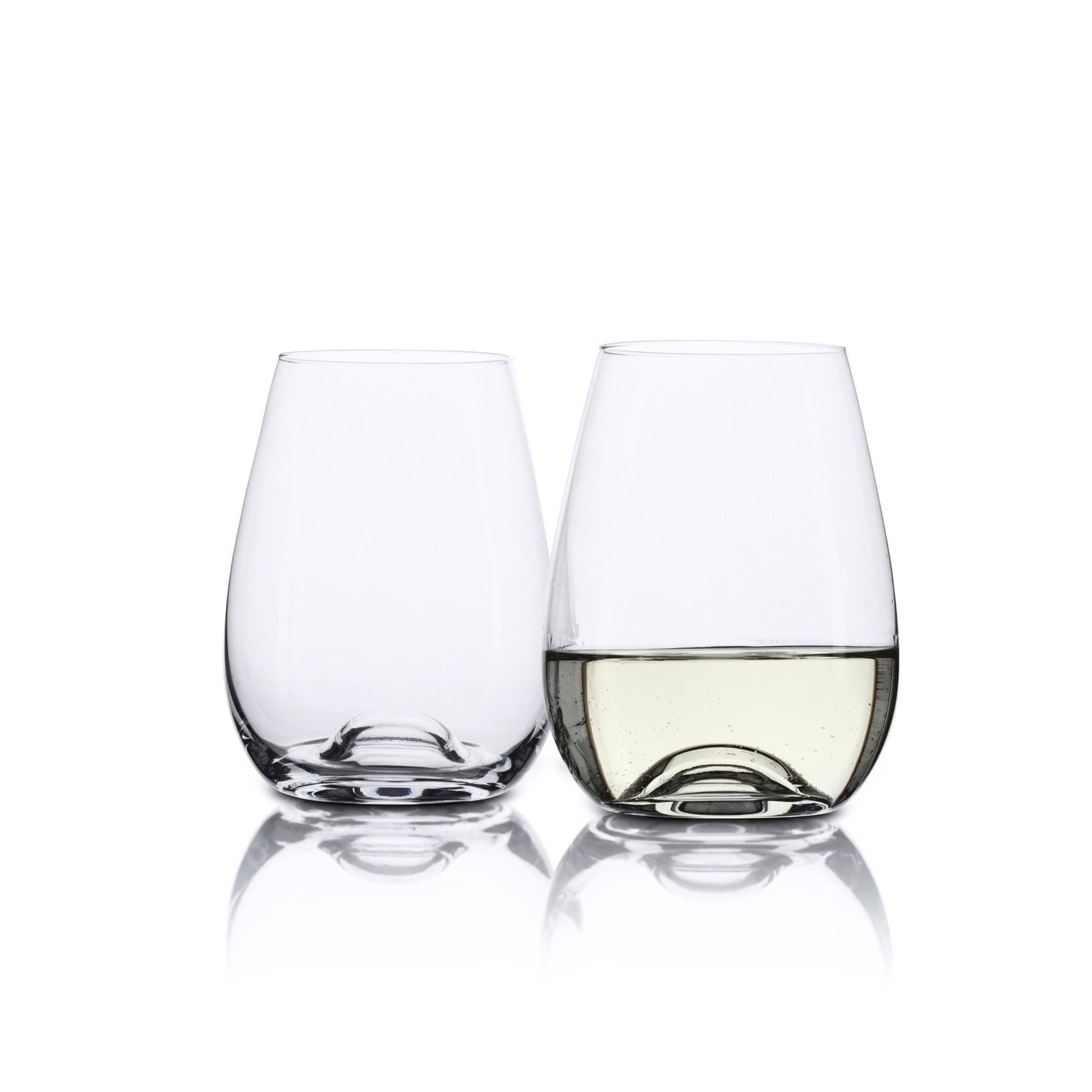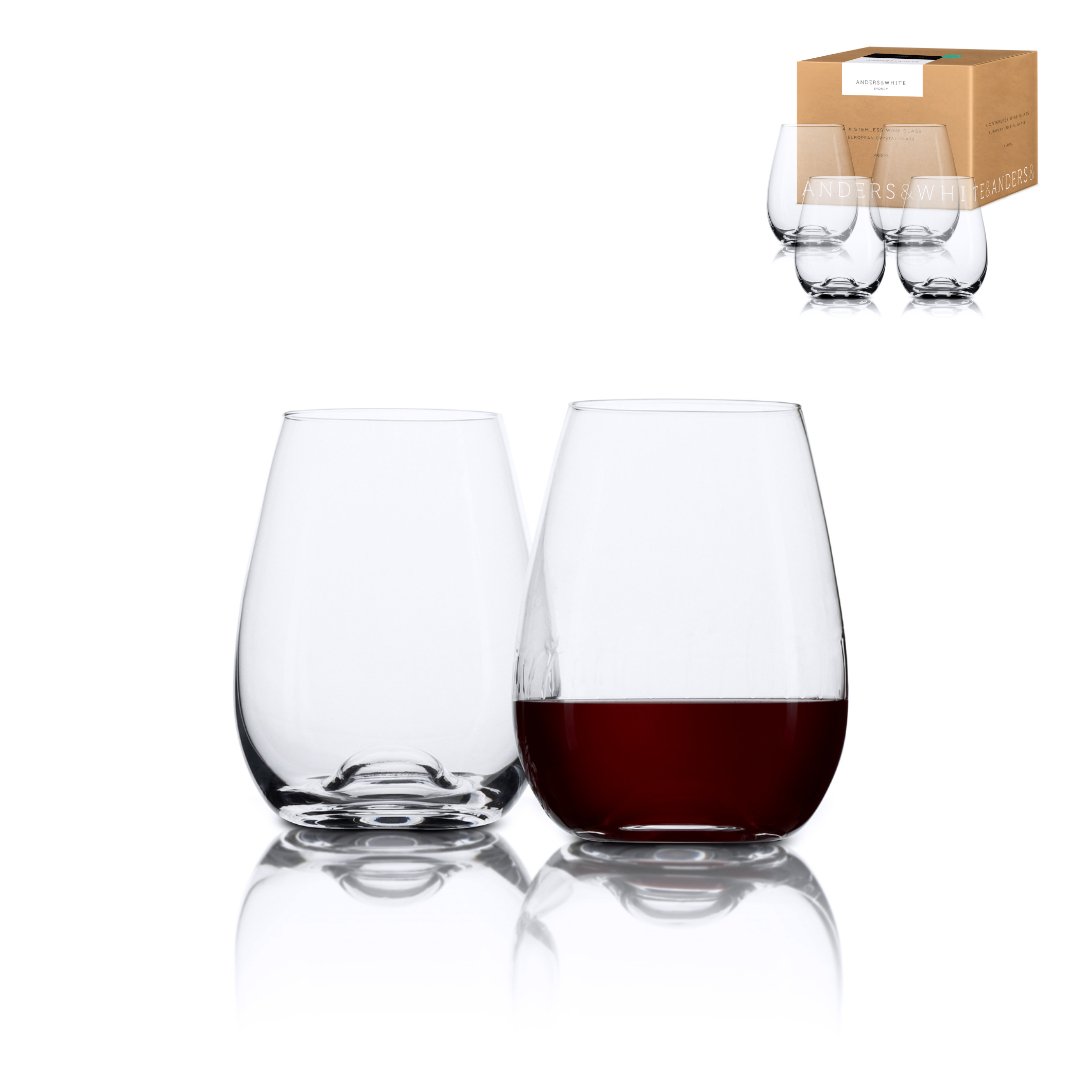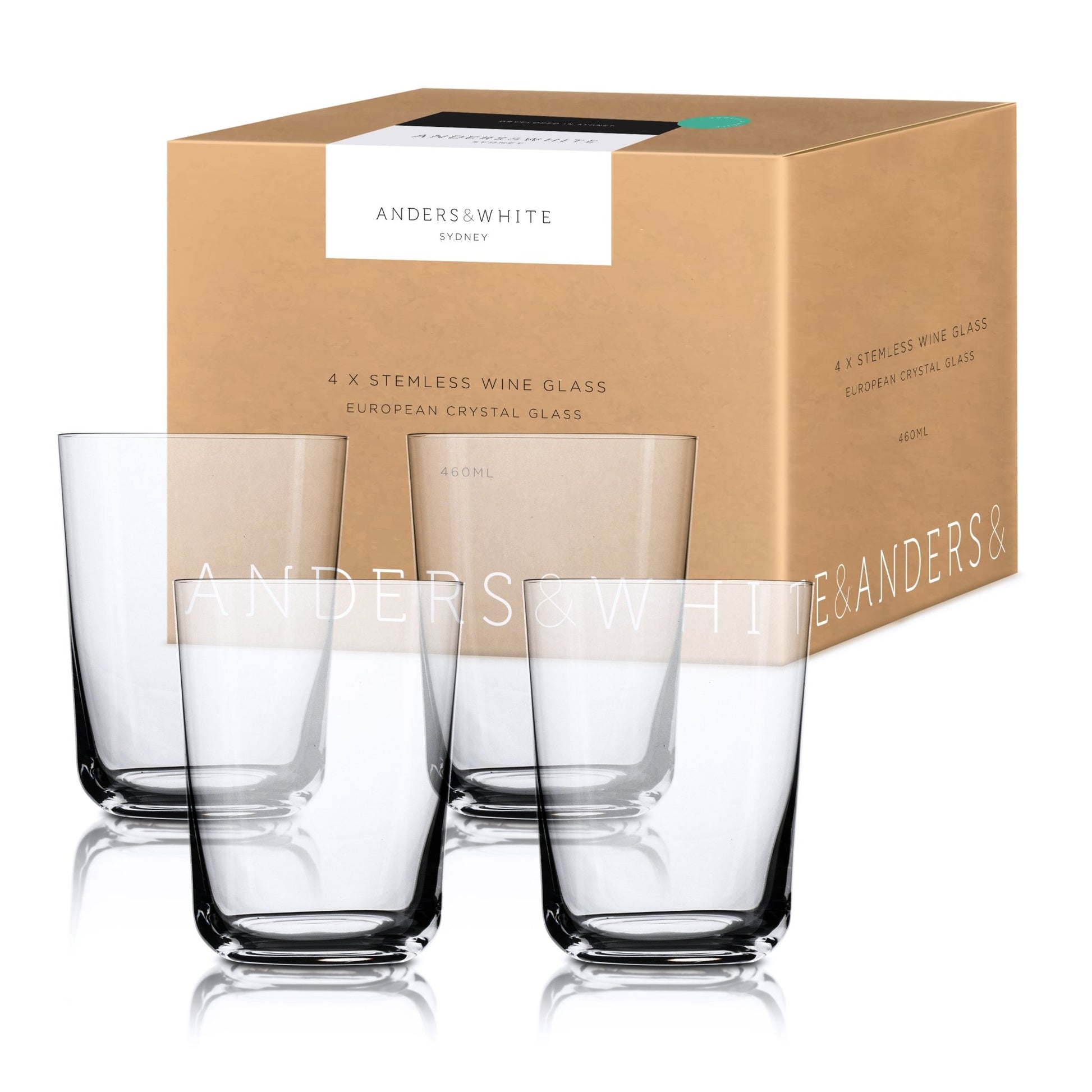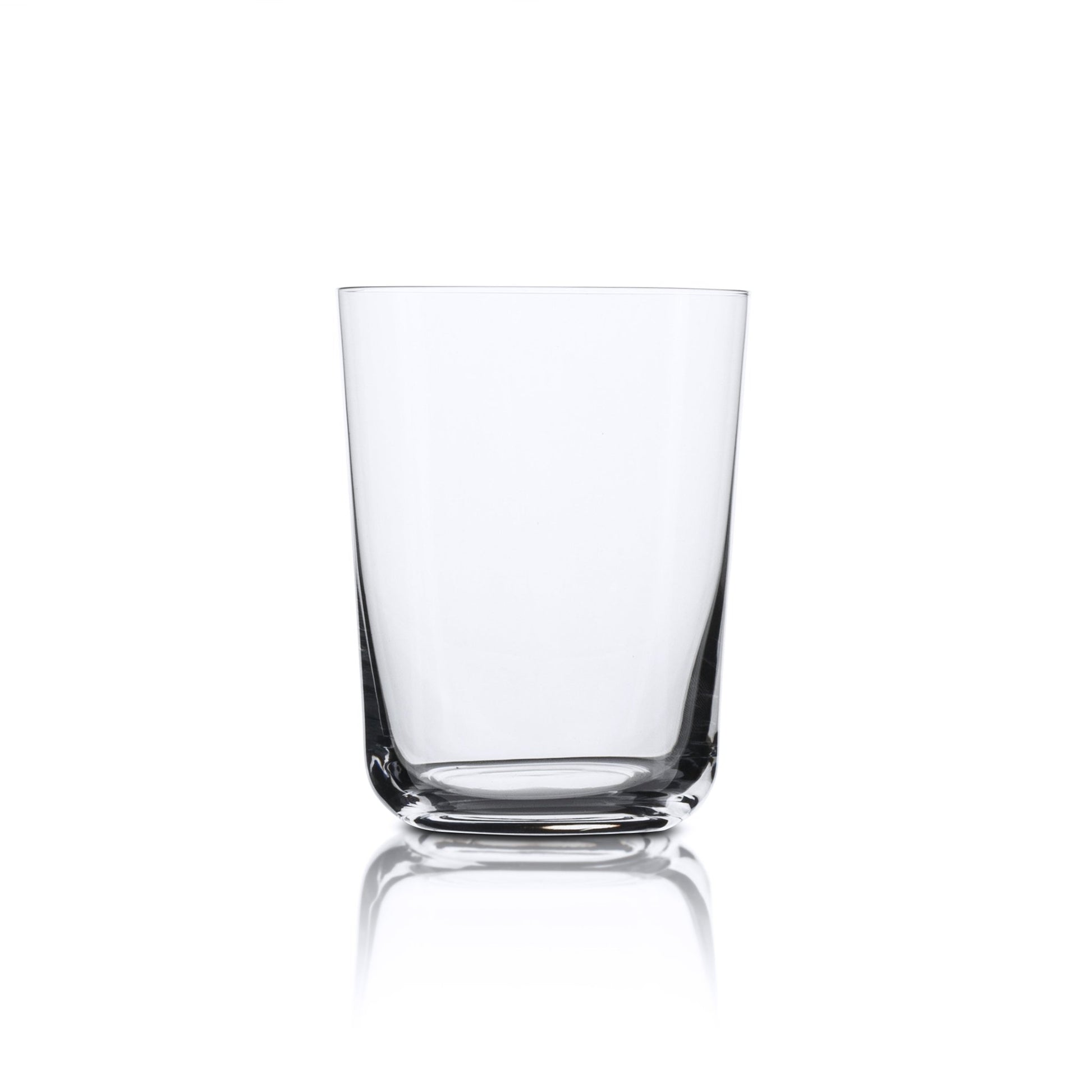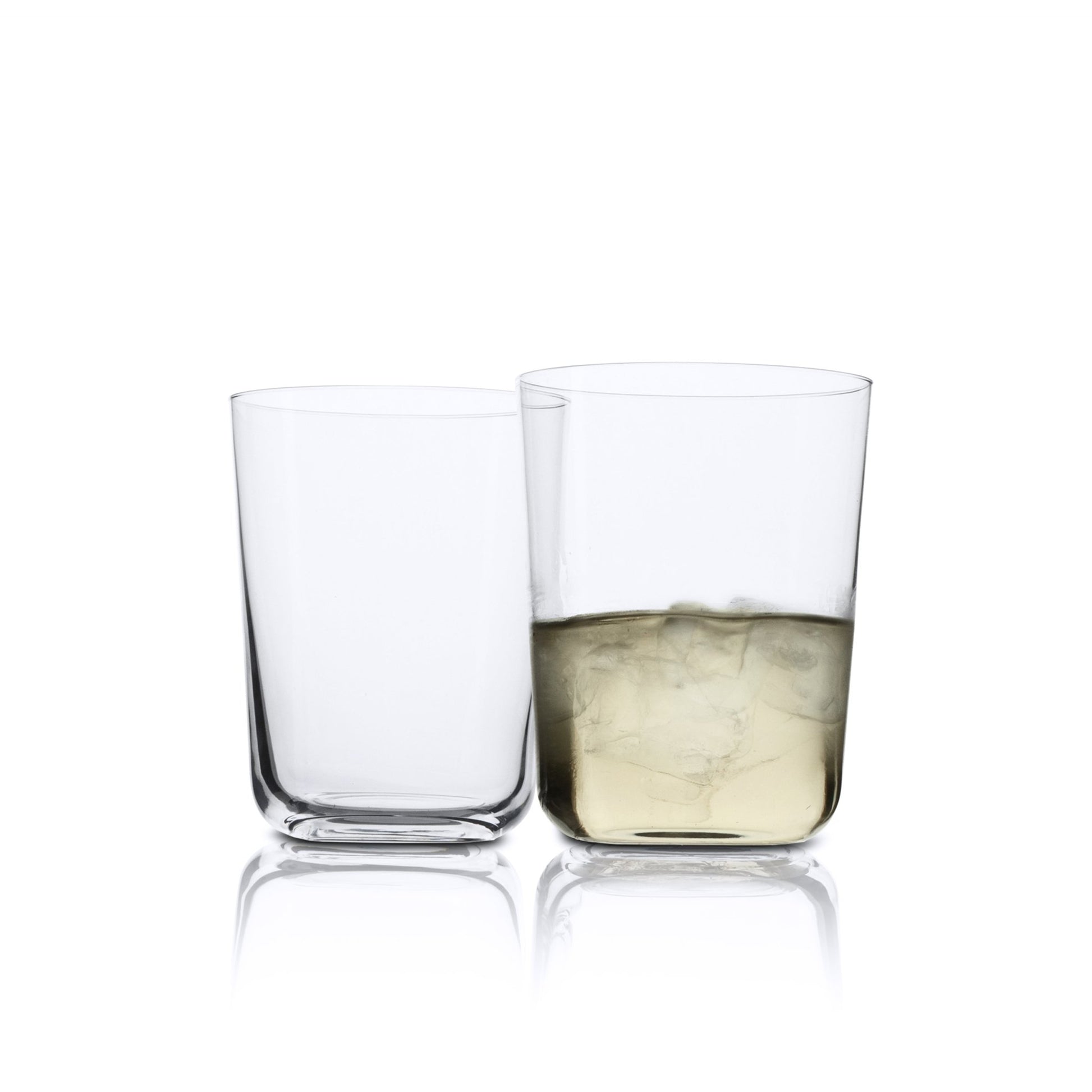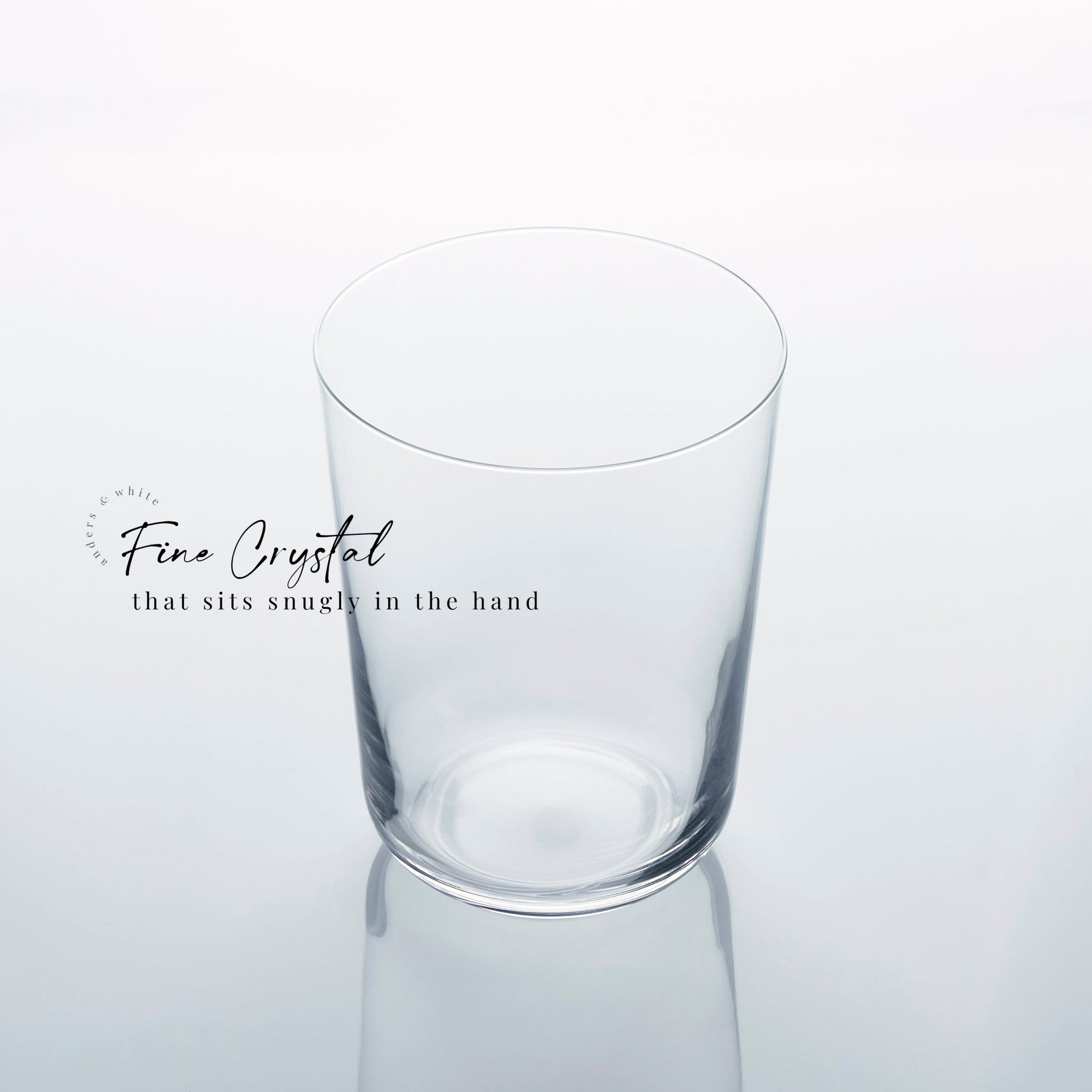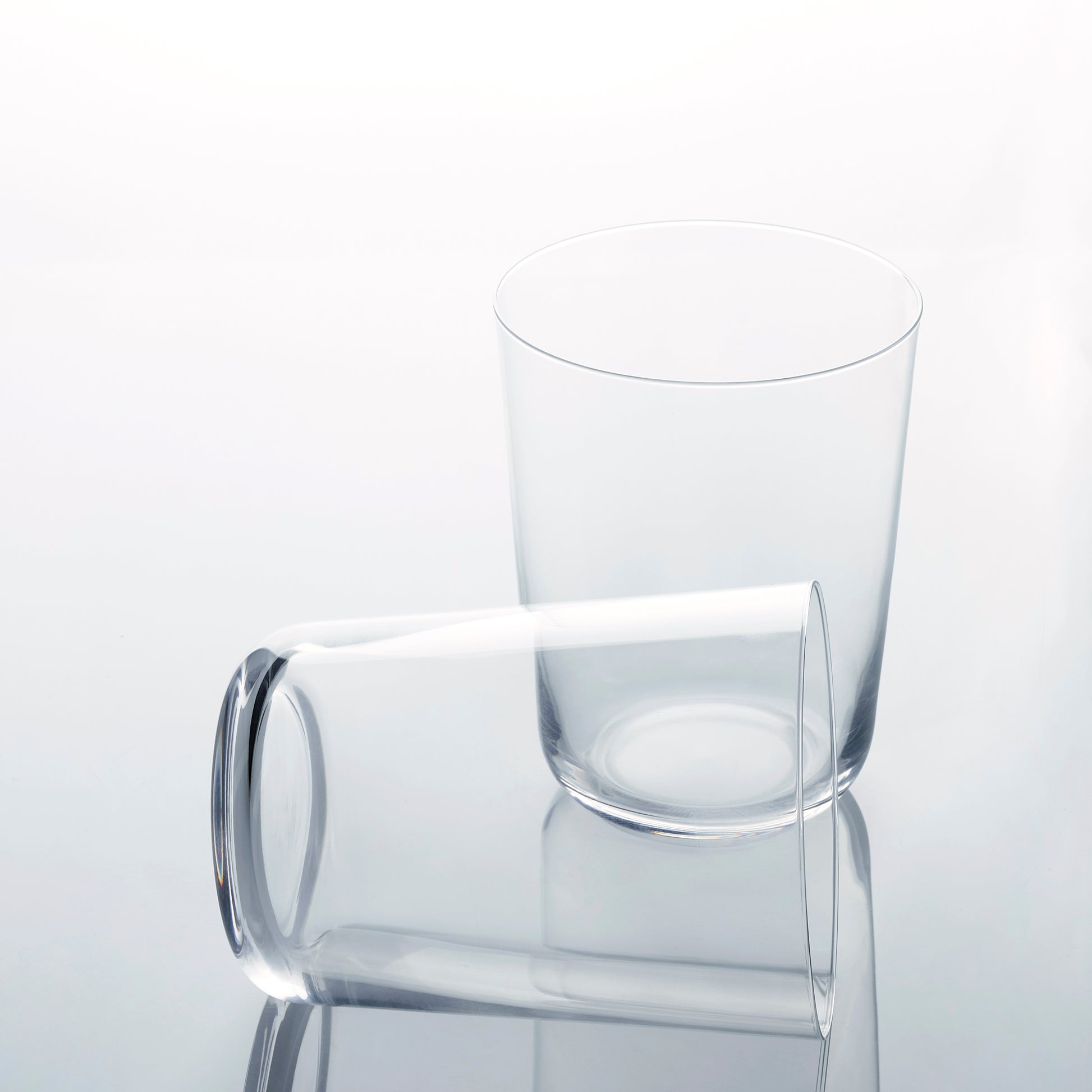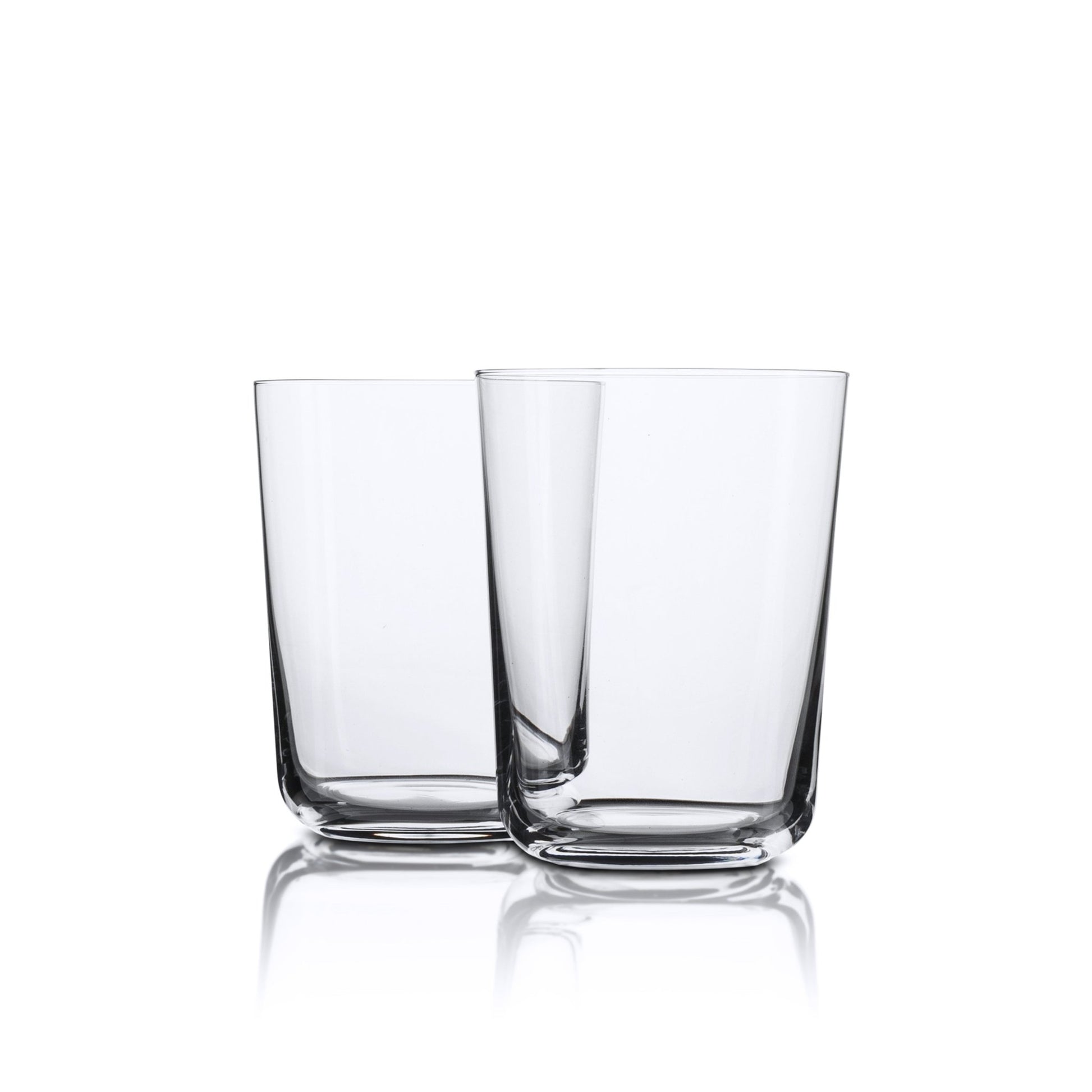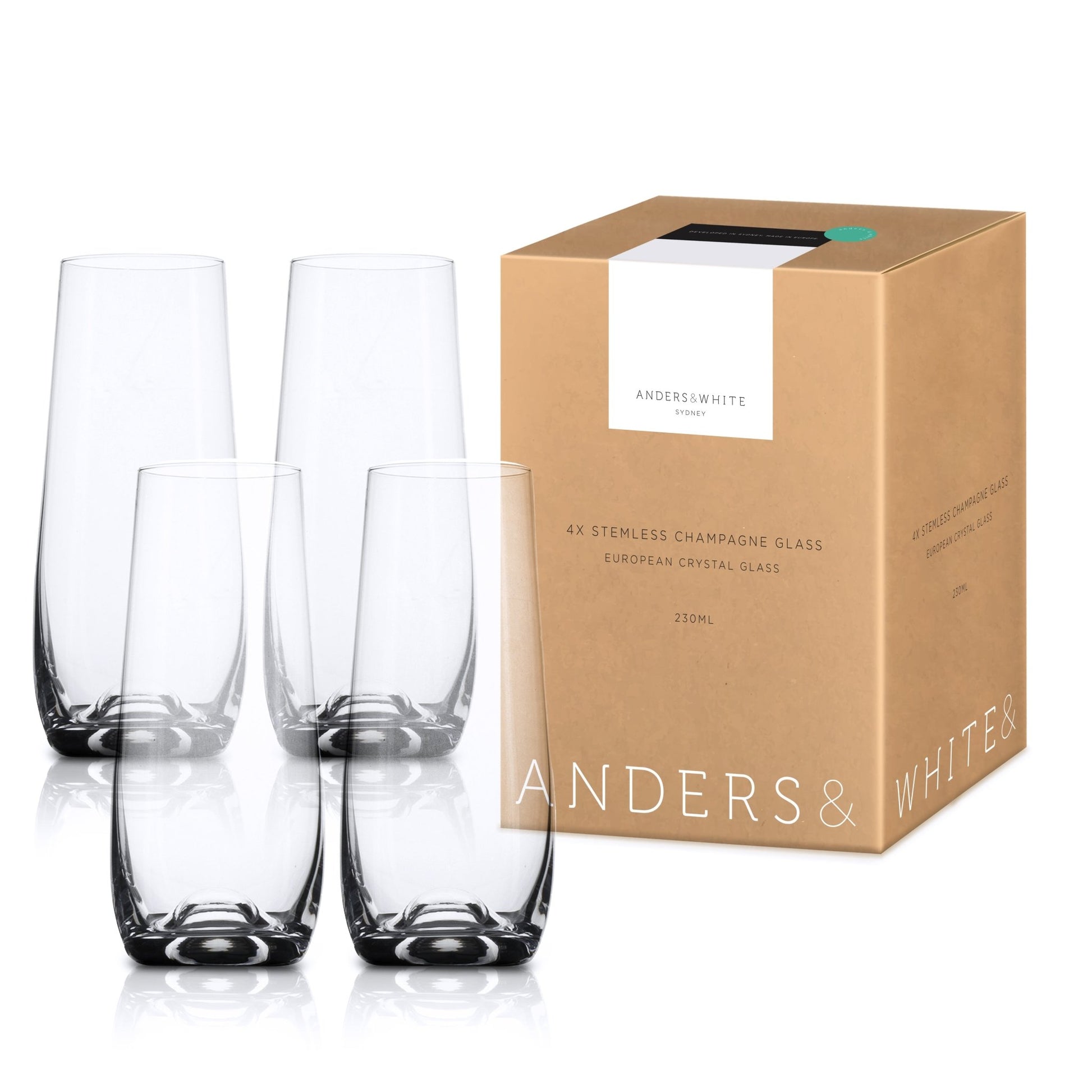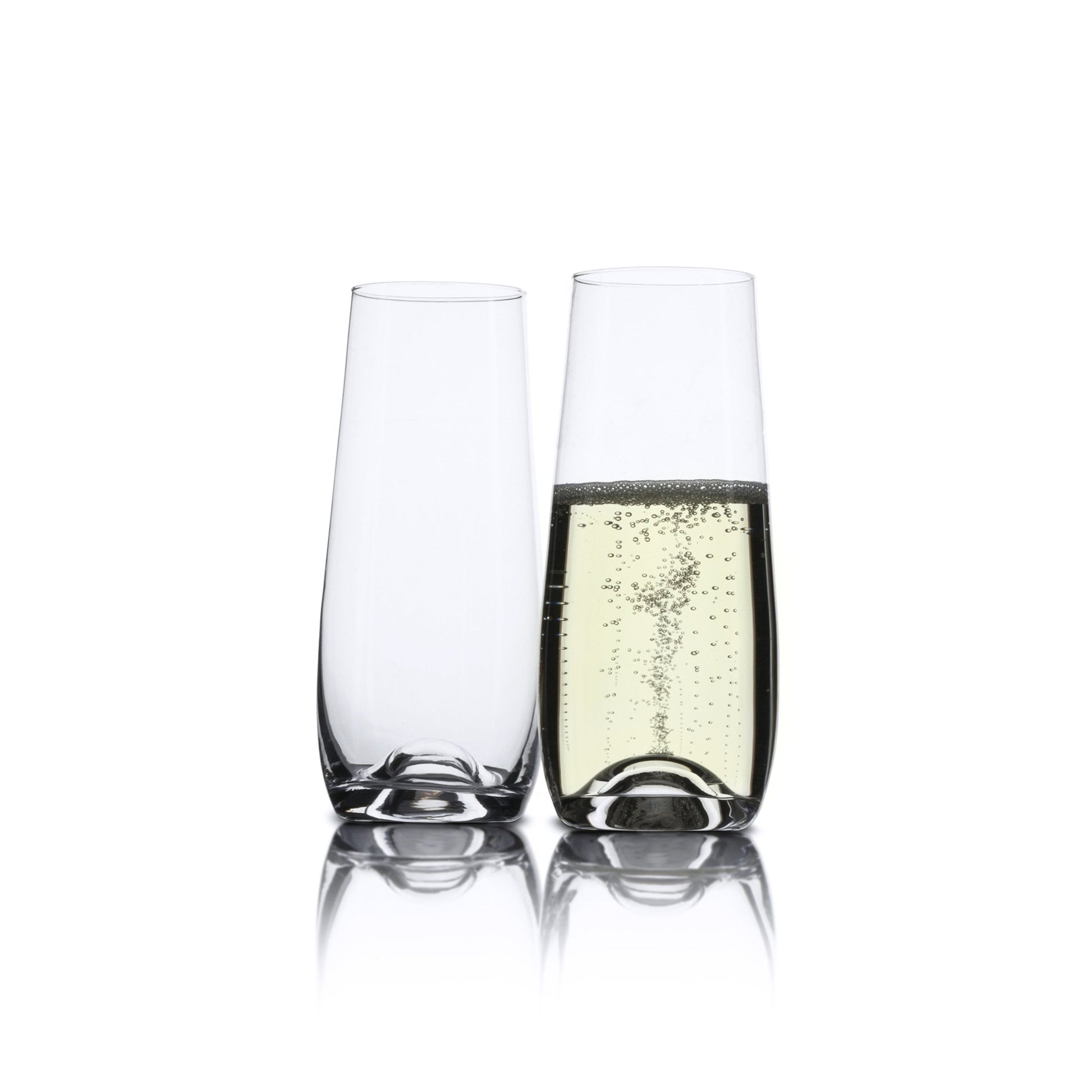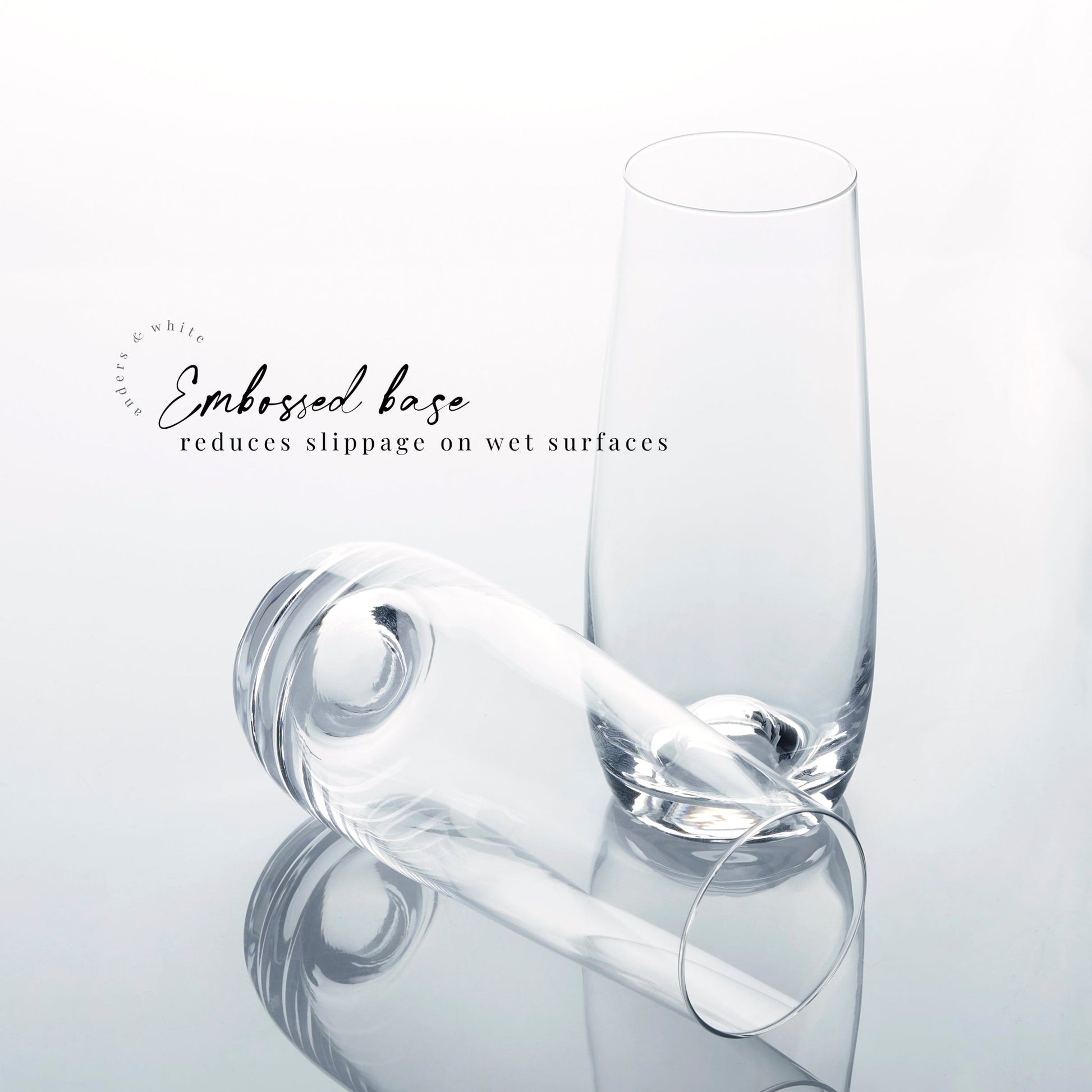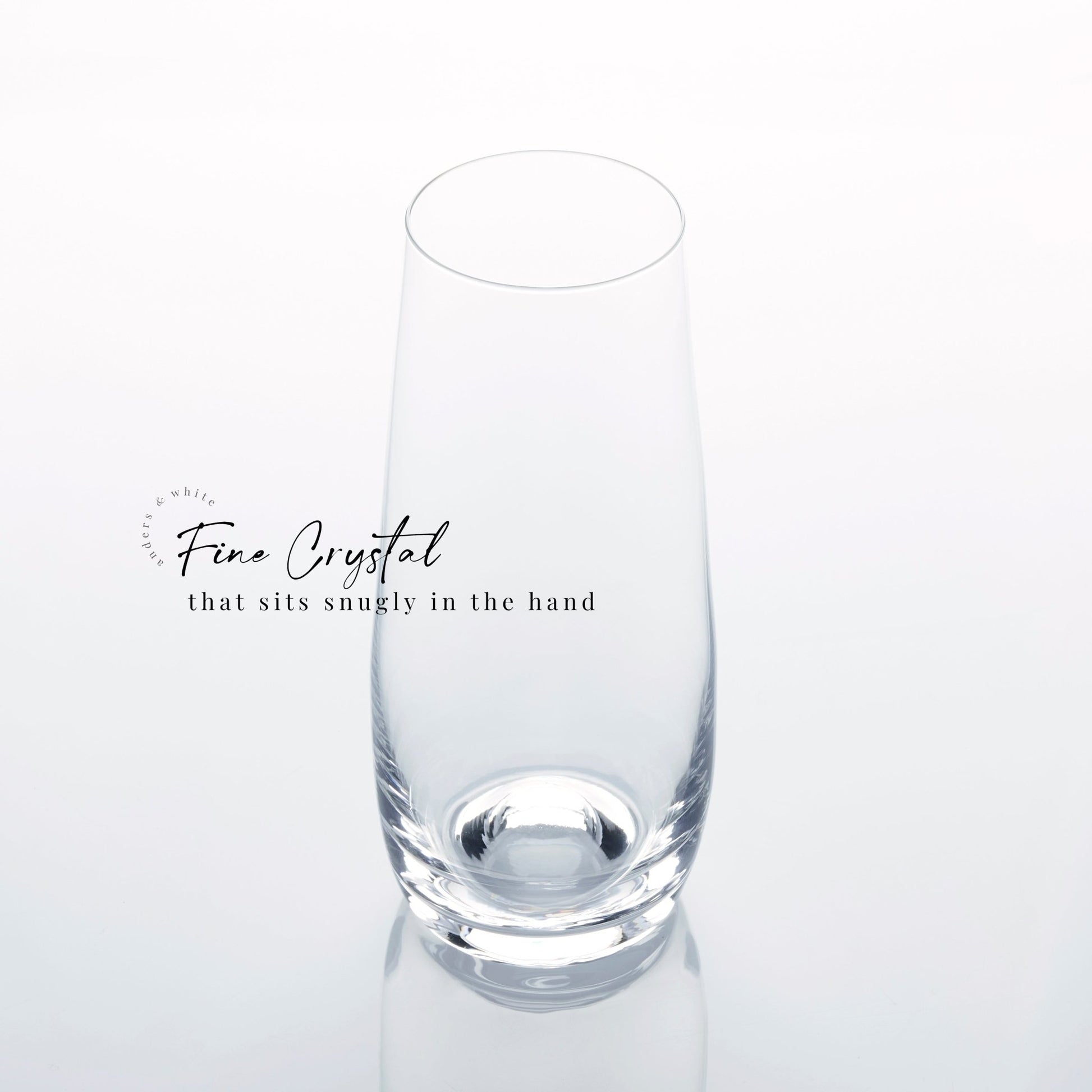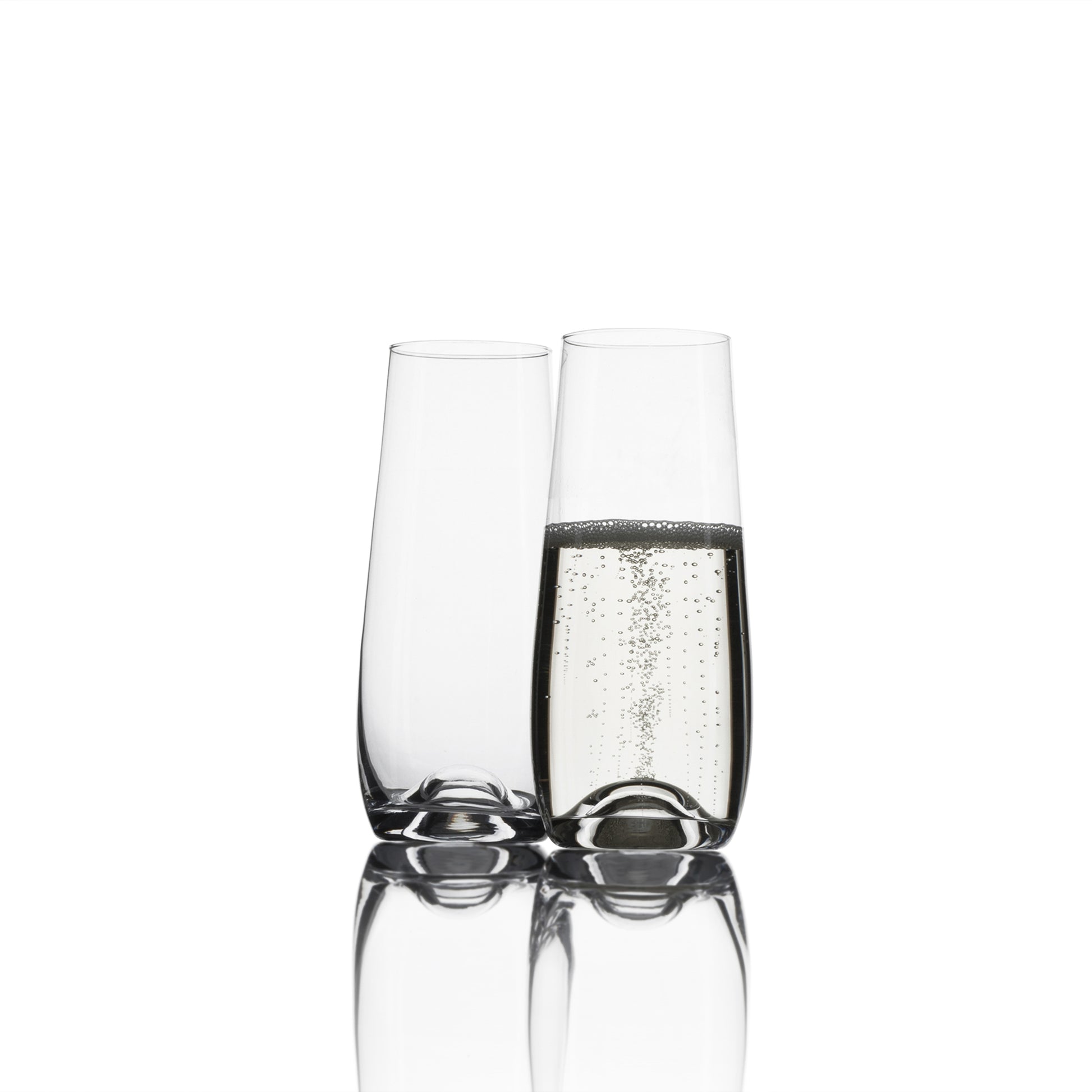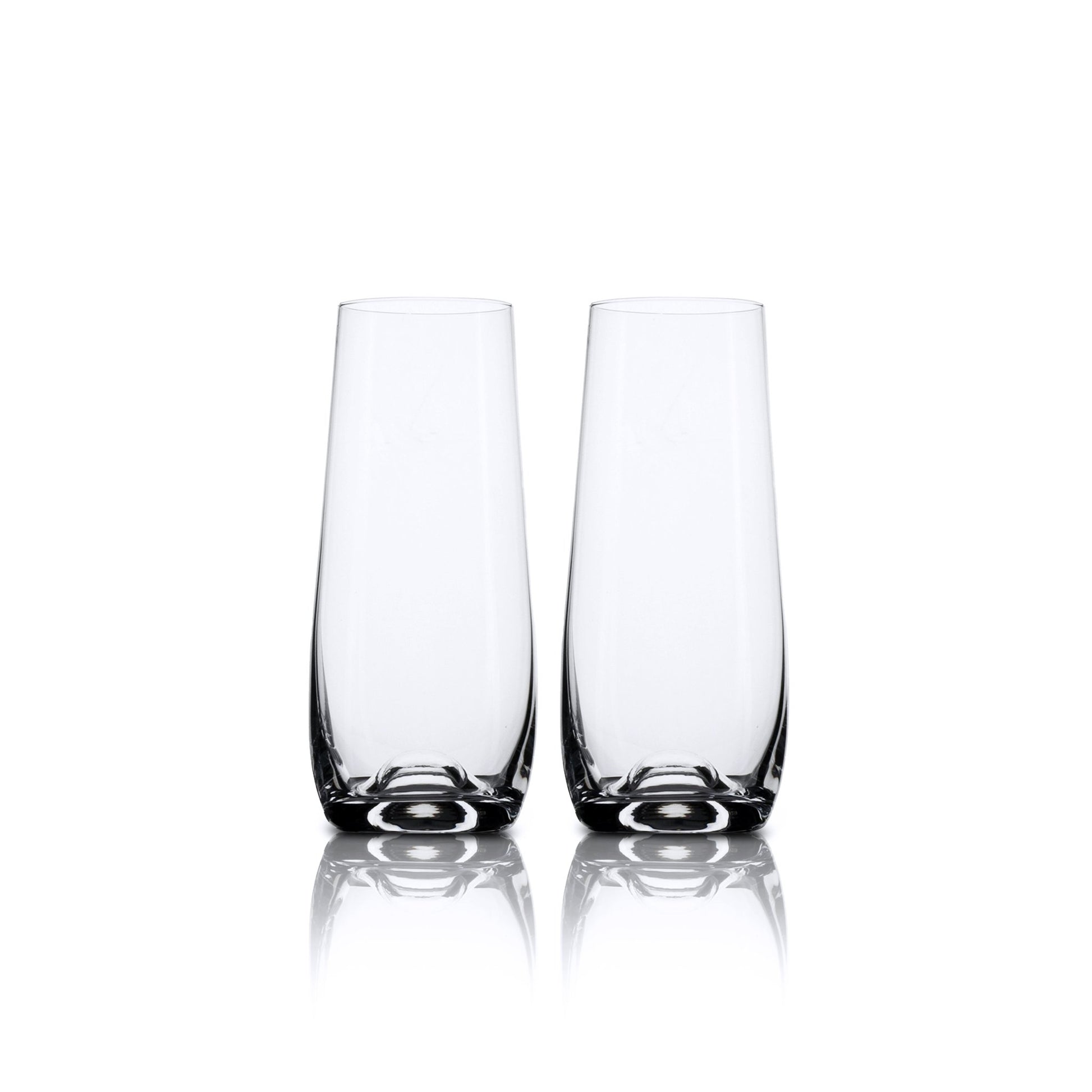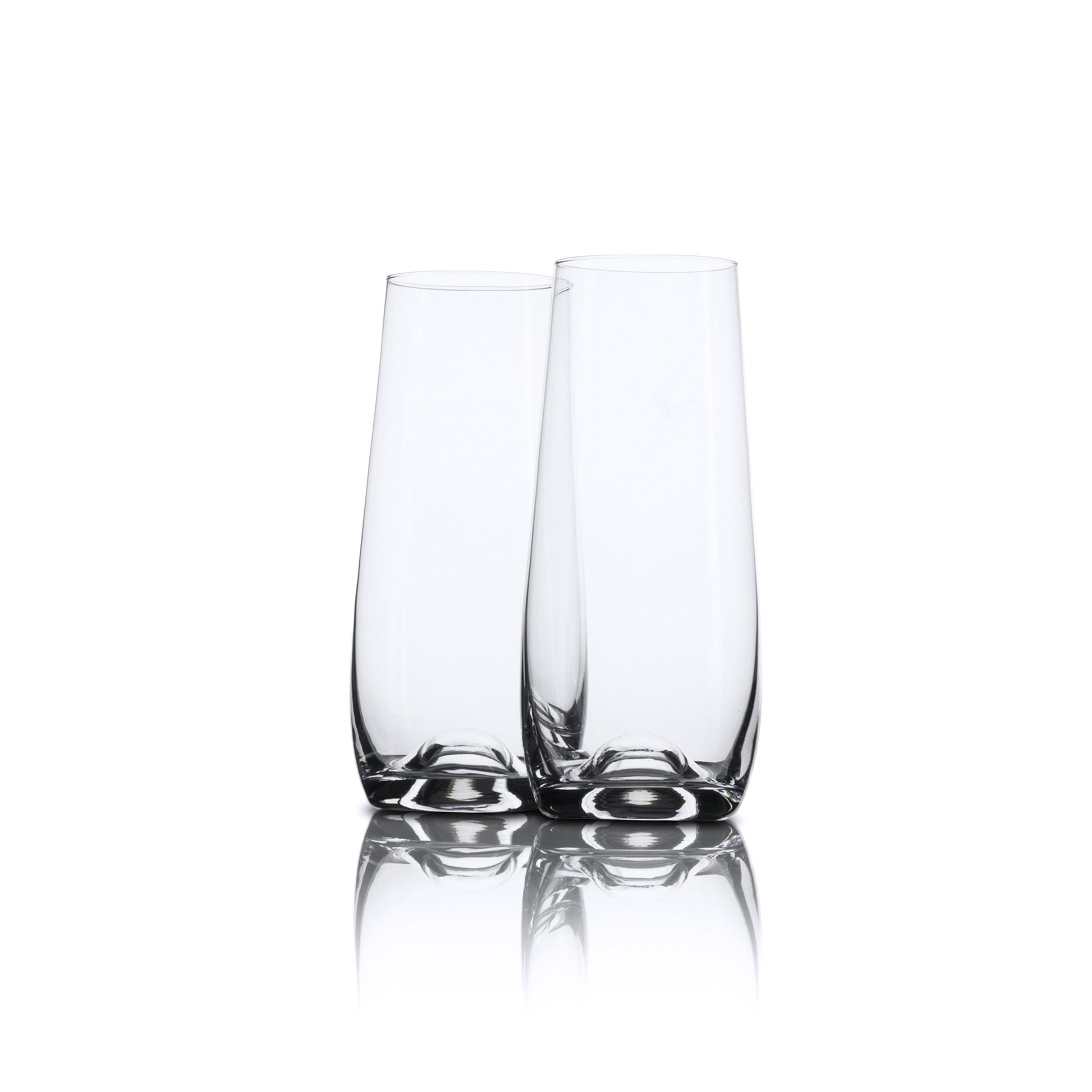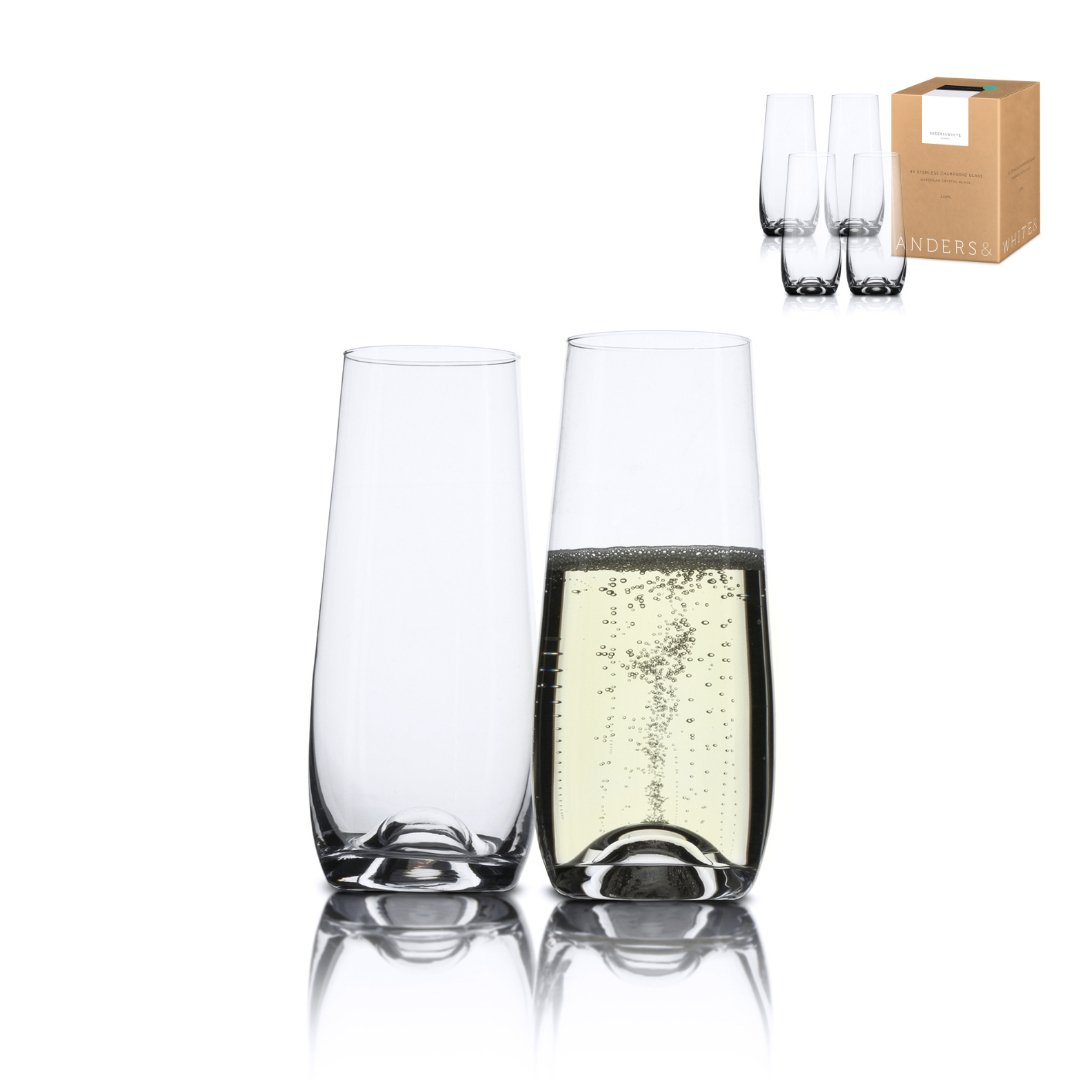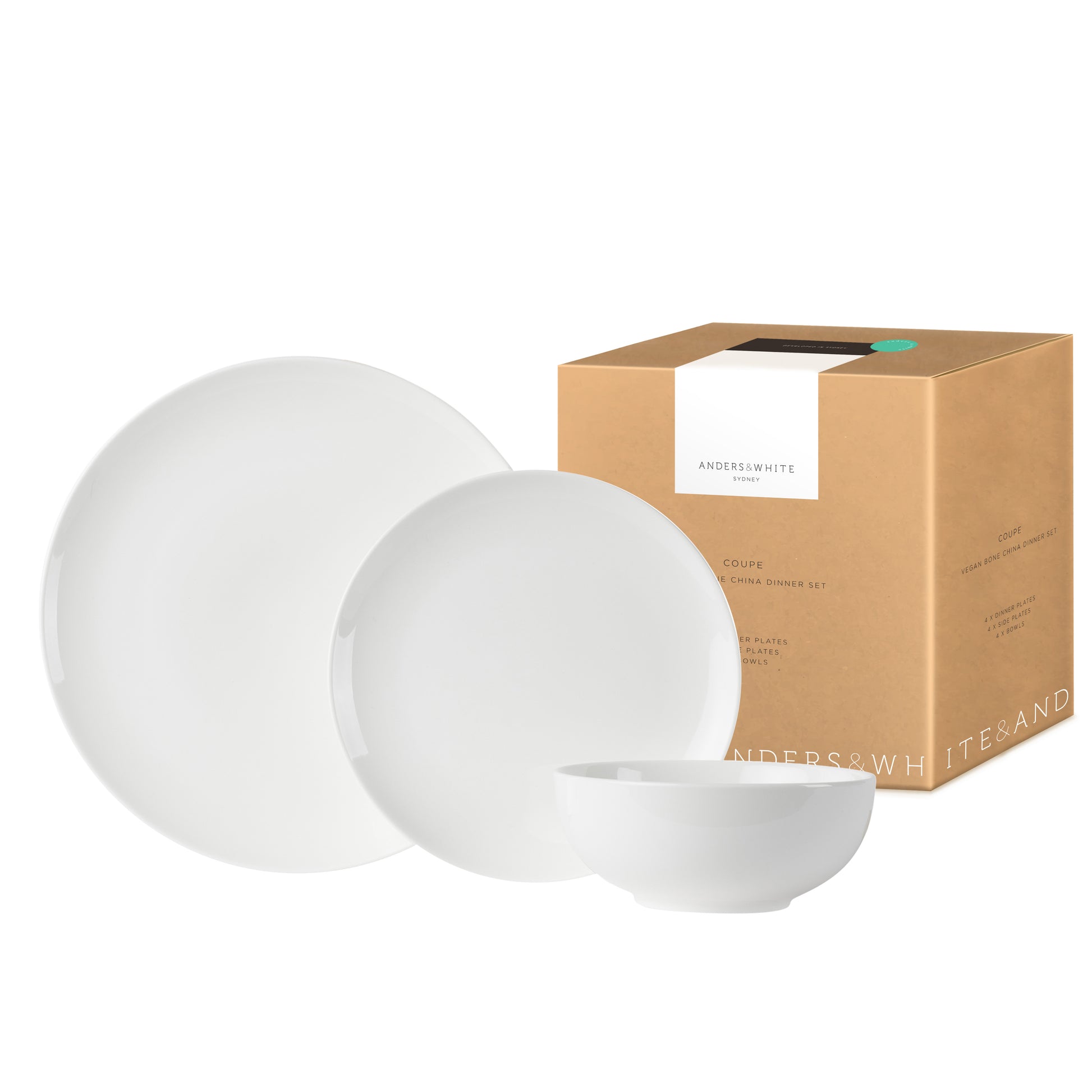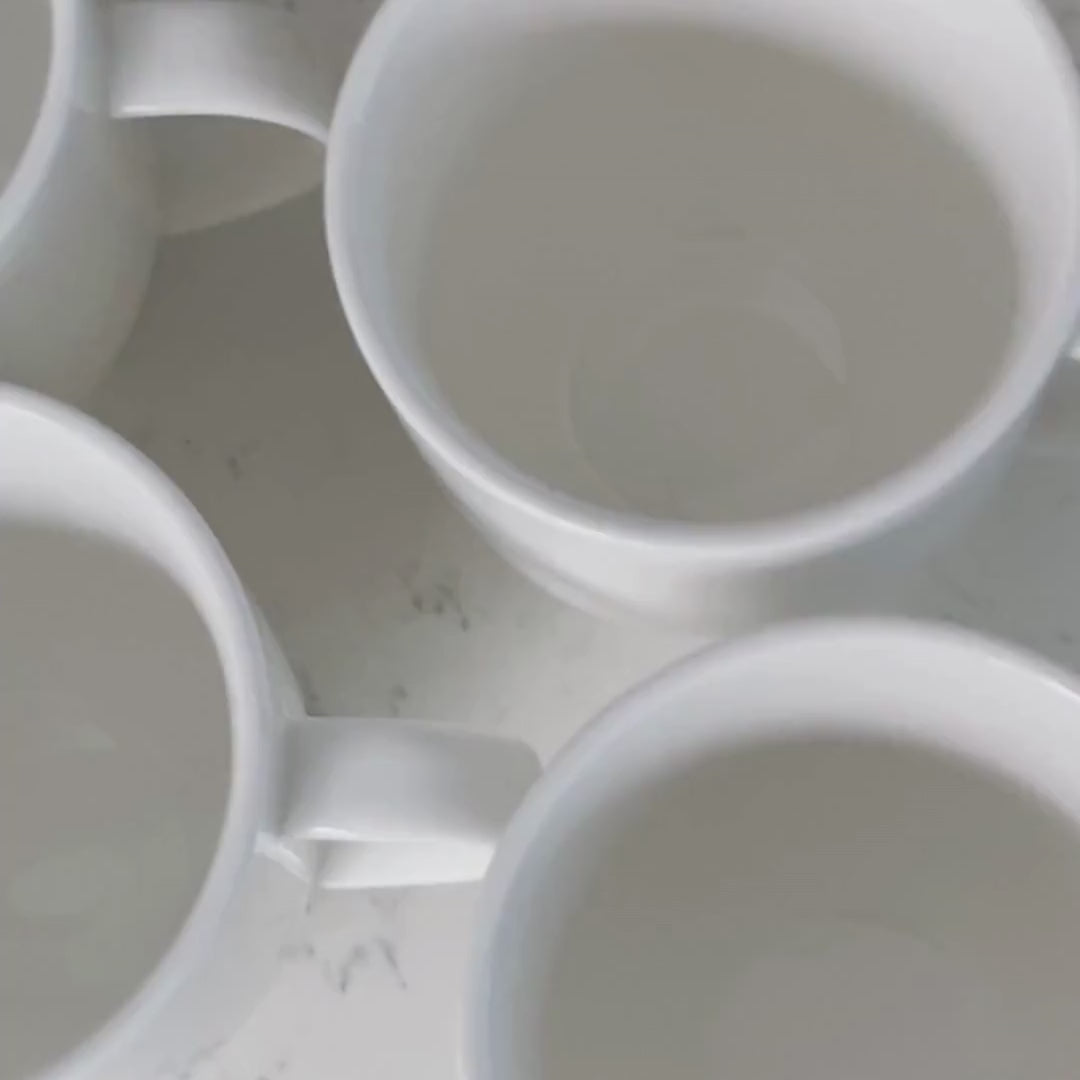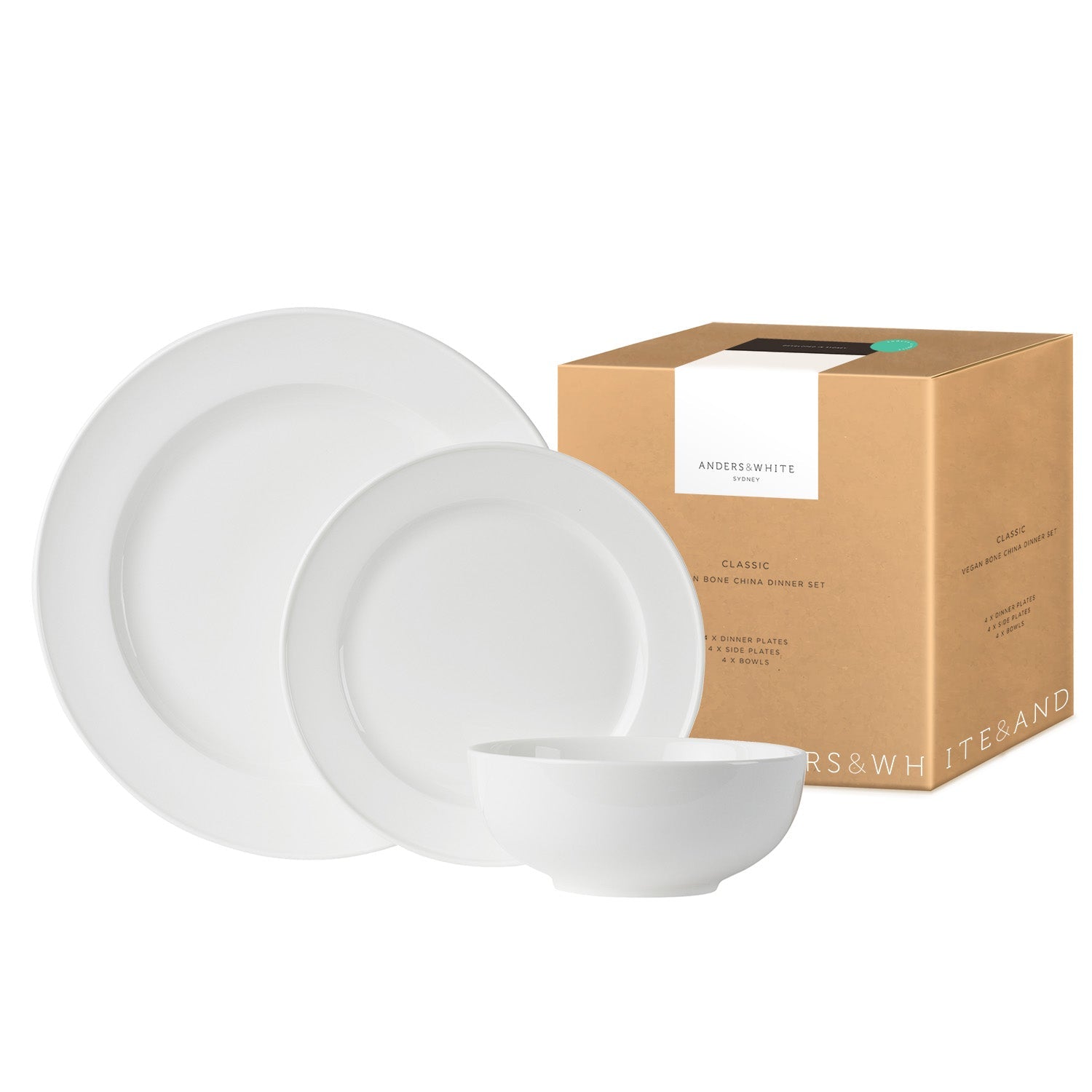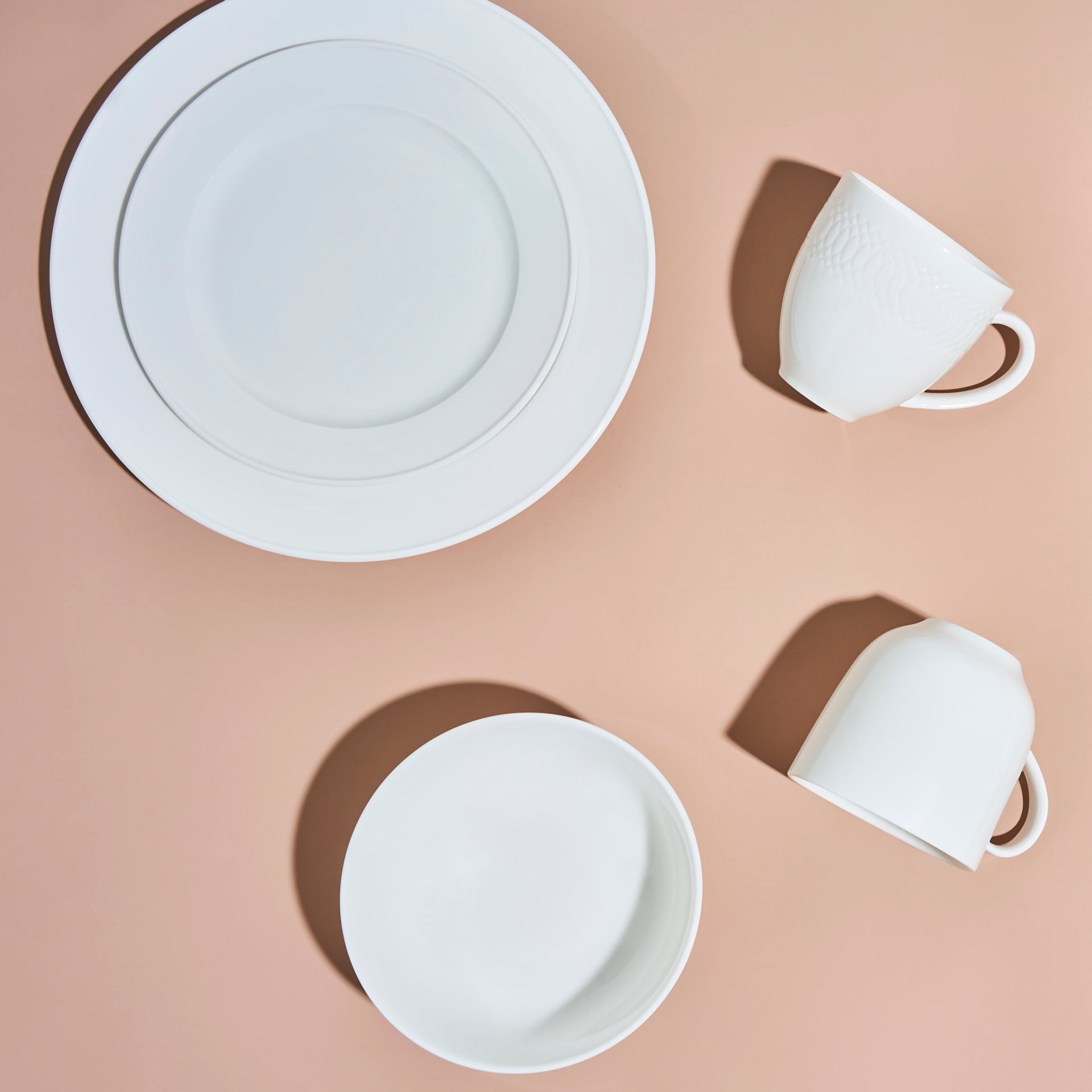There's an undeniable allure to sipping wine from a beautifully crafted crystal wine glass. Beyond aesthetics, connoisseurs and enthusiasts often claim that the choice of glassware significantly impacts the taste and aroma of the wine. In this article, we'll explore the science behind why wine aficionados swear by crystal wine glasses and why they insist that wine simply tastes better when savored from these elegant vessels.
Crystal vs. Plain Glass: What's the Difference?
At first glance, crystal and plain glass might appear similar, but their compositions differ significantly. Crystal glassware is crafted using a blend of high-quality materials, typically including lead oxide, potassium oxide, or zinc oxide. This unique composition distinguishes crystal from regular glass, offering a few key advantages that elevate the wine-drinking experience.
Enhanced Aesthetics and Brilliance:
Crystal wine glasses are renowned for their exquisite clarity and brilliance. The presence of lead oxide, when skillfully incorporated, contributes to the glass's higher refractive index, resulting in unparalleled sparkle and brilliance. This heightened transparency showcases the wine in its full glory, making the visual experience of wine appreciation more captivating.
Thinner, Finer Rims for Enhanced Tasting:
One of the most noticeable differences between crystal and plain glassware lies in the rim. Crystal glasses typically feature thinner, finer rims compared to regular glass. The delicate rim allows the wine to flow smoothly onto the palate, ensuring a more refined and pleasurable drinking experience. This subtlety can enhance the perception of flavors and aromas, allowing the drinker to fully appreciate the wine's nuances.
Impact on Aroma and Taste:
The molecular structure of crystal glassware can have a subtle yet significant effect on the wine-drinking experience. The smoother surface of crystal glasses, attributed to their composition, minimizes imperfections that can affect the wine's aroma and taste. Consequently, wine poured into crystal glasses is believed to deliver a more authentic representation of its intended flavors and aromas.
Better Acidity and Balance:
Crystal glasses are known to enhance a wine's acidity and balance. The finer material and craftsmanship of these glasses allow the wine to breathe more efficiently, promoting aeration that can soften harsh tannins and accentuate the wine's natural acidity. This improved aeration can result in a more harmonious and balanced tasting experience.
Final Thoughts:
While the debate between crystal and plain glassware continues, many wine enthusiasts swear by the superiority of crystal wine glasses. The exquisite craftsmanship, enhanced aesthetics, and subtle impact on taste and aroma make them a favored choice for experiencing wine at its best. Whether it's the allure of elegance or the scientific nuances, the enjoyment of wine from crystal glasses remains a delightful ritual for many wine lovers.
Conclusion:
The art of wine appreciation extends beyond the bottle; the choice of glassware plays a pivotal role in enhancing the sensory experience. Crystal wine glasses, with their fine craftsmanship and unique composition, seem to elevate the tasting experience, making every sip a moment of sheer delight for wine enthusiasts seeking the finest nuances of flavor and aroma.
